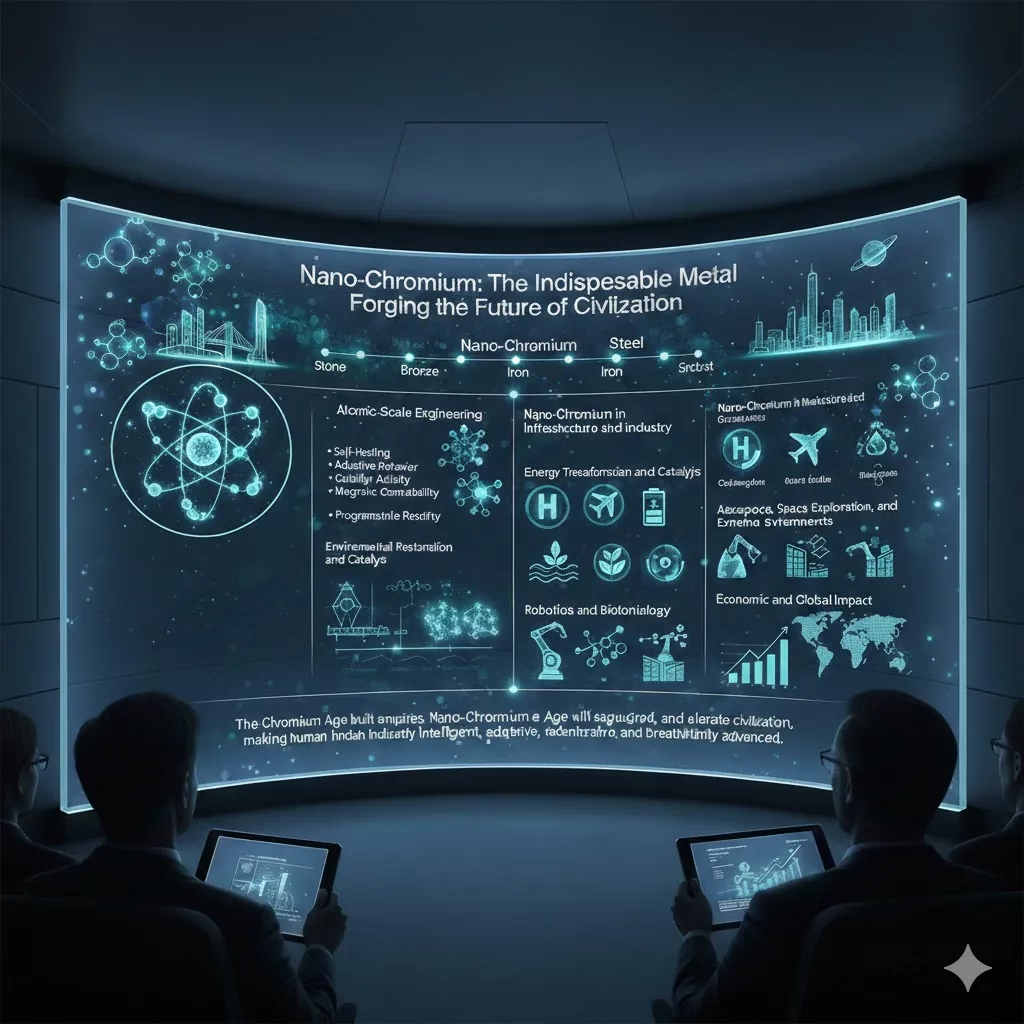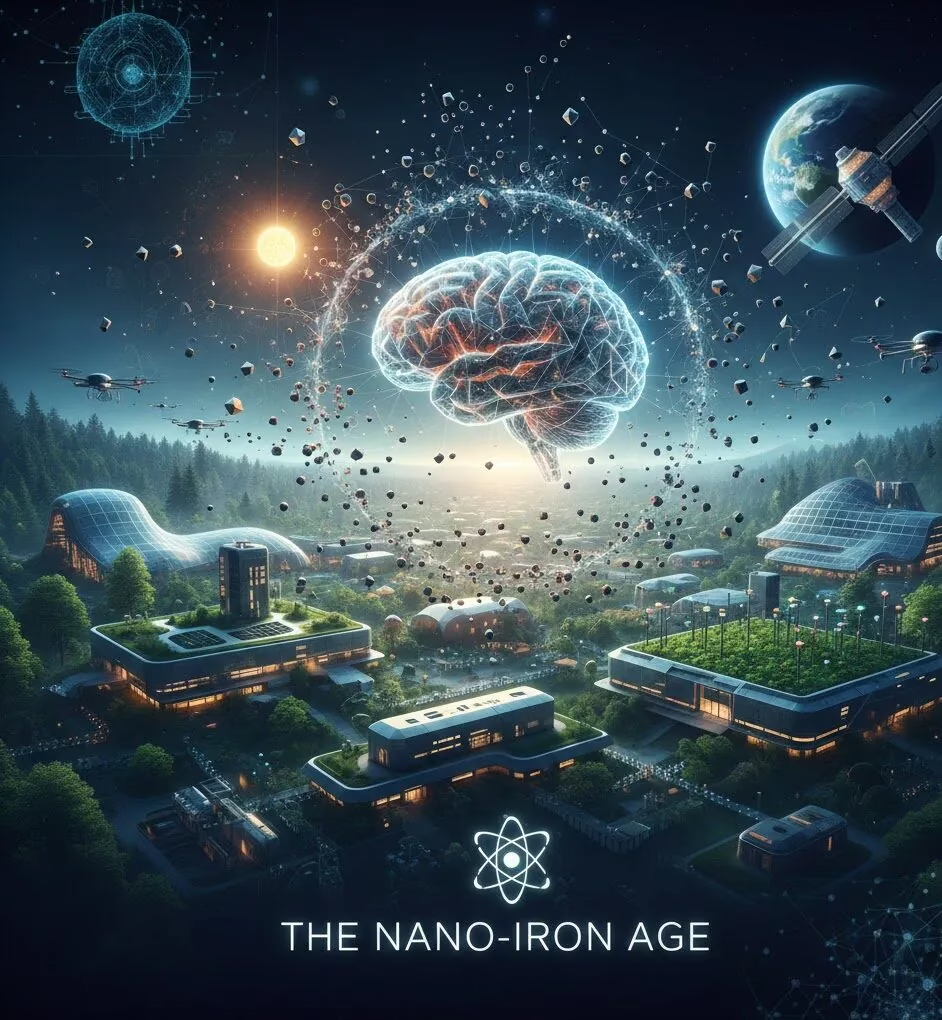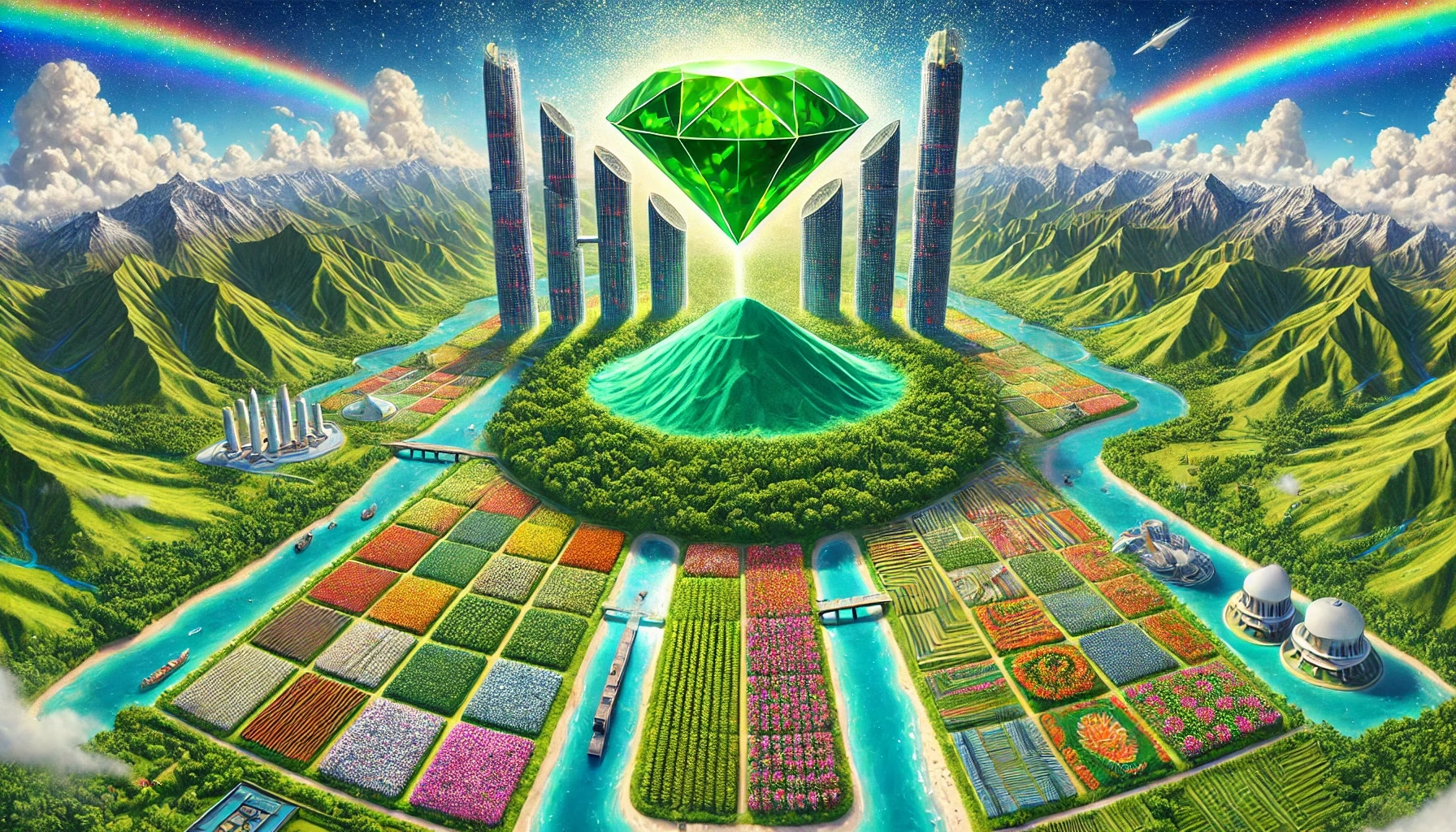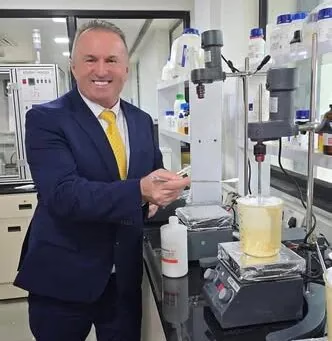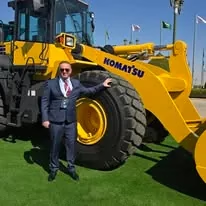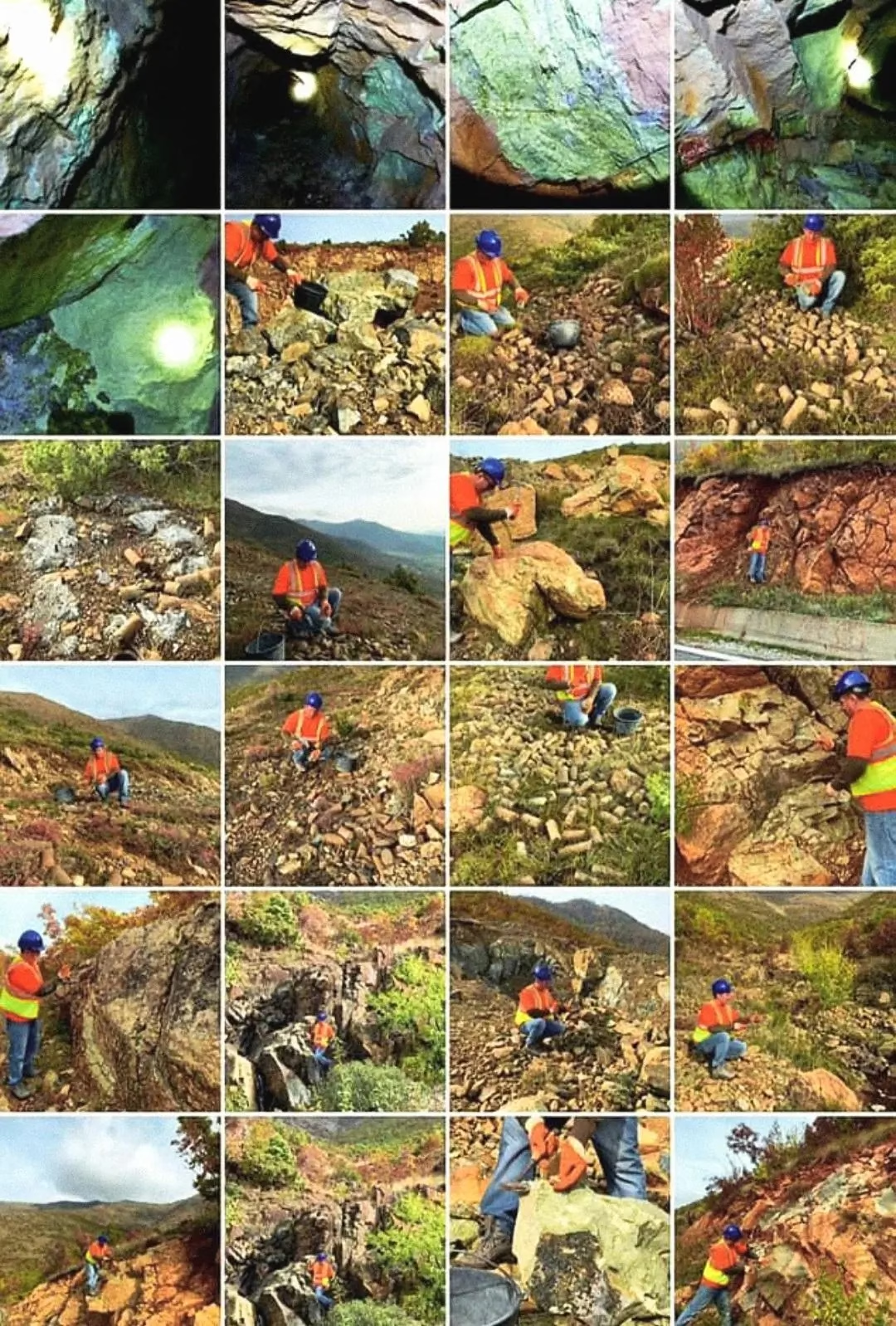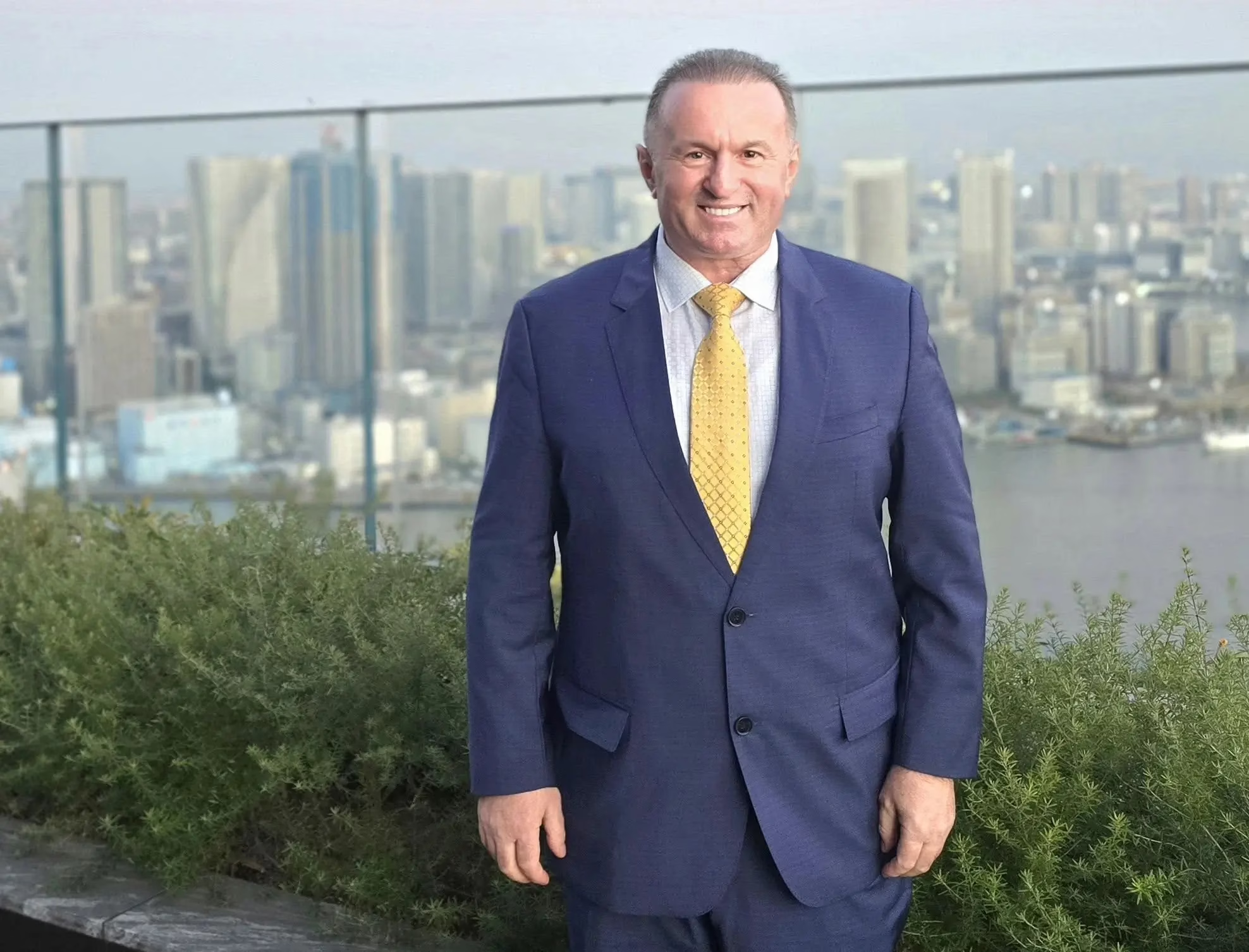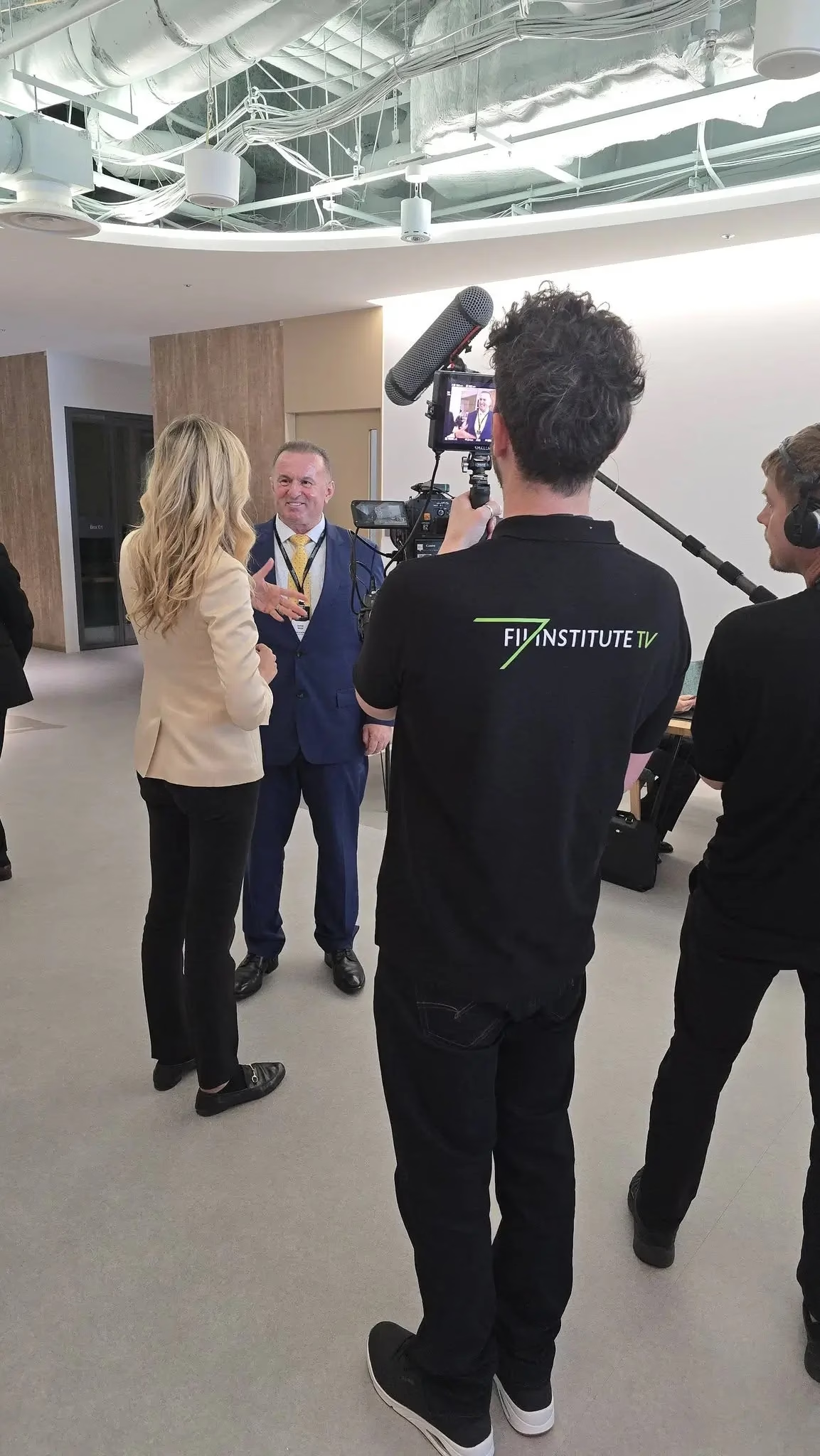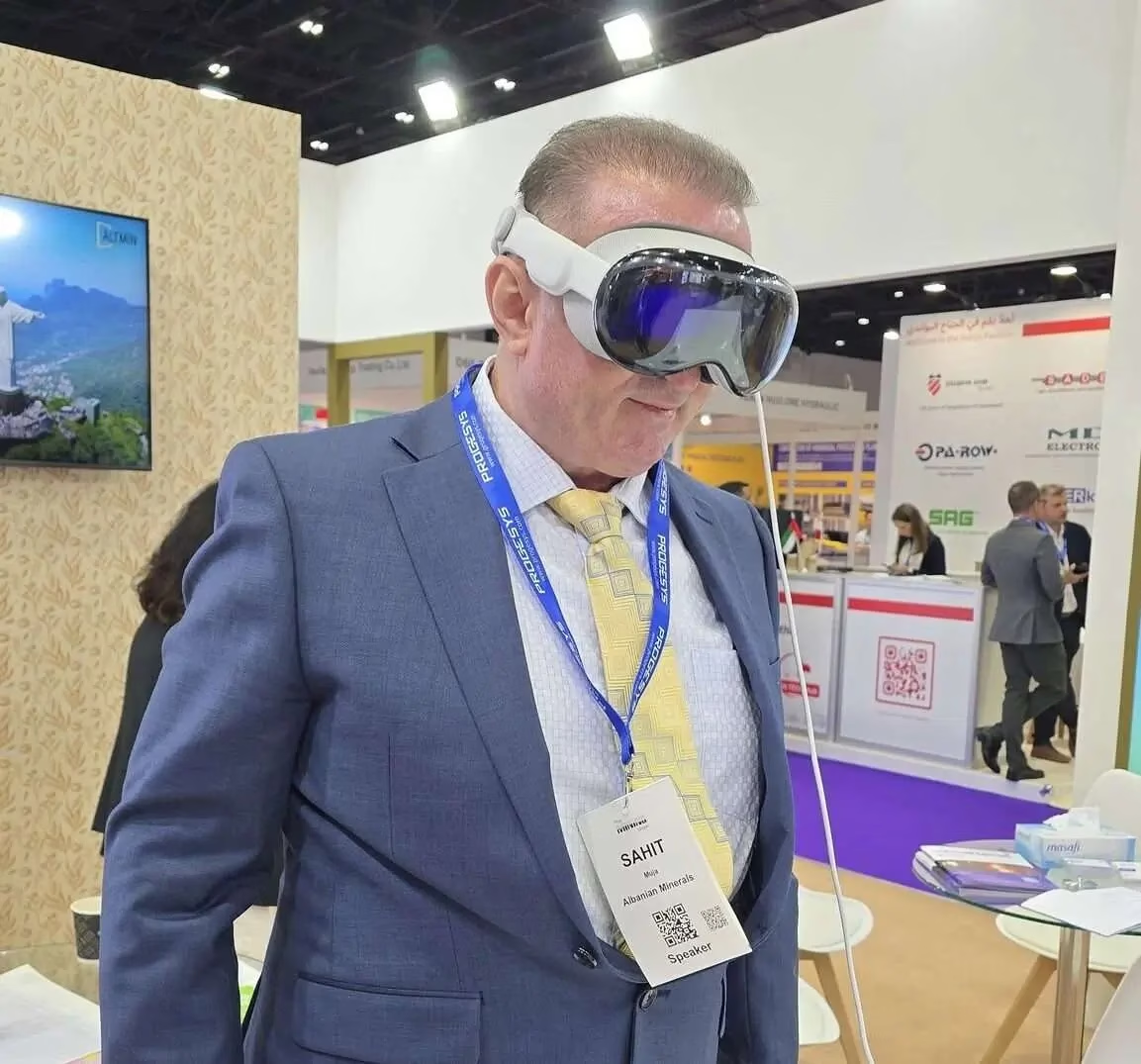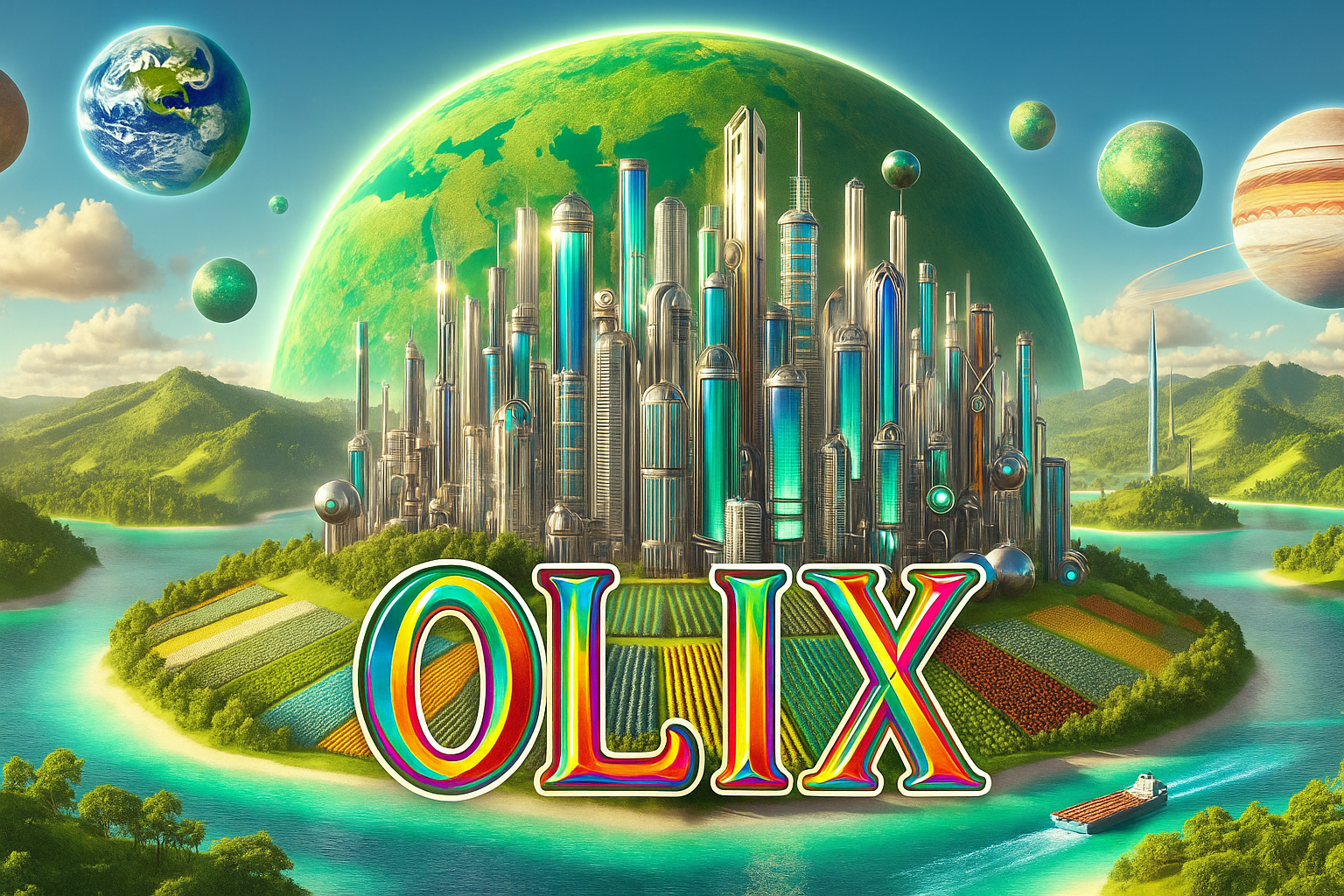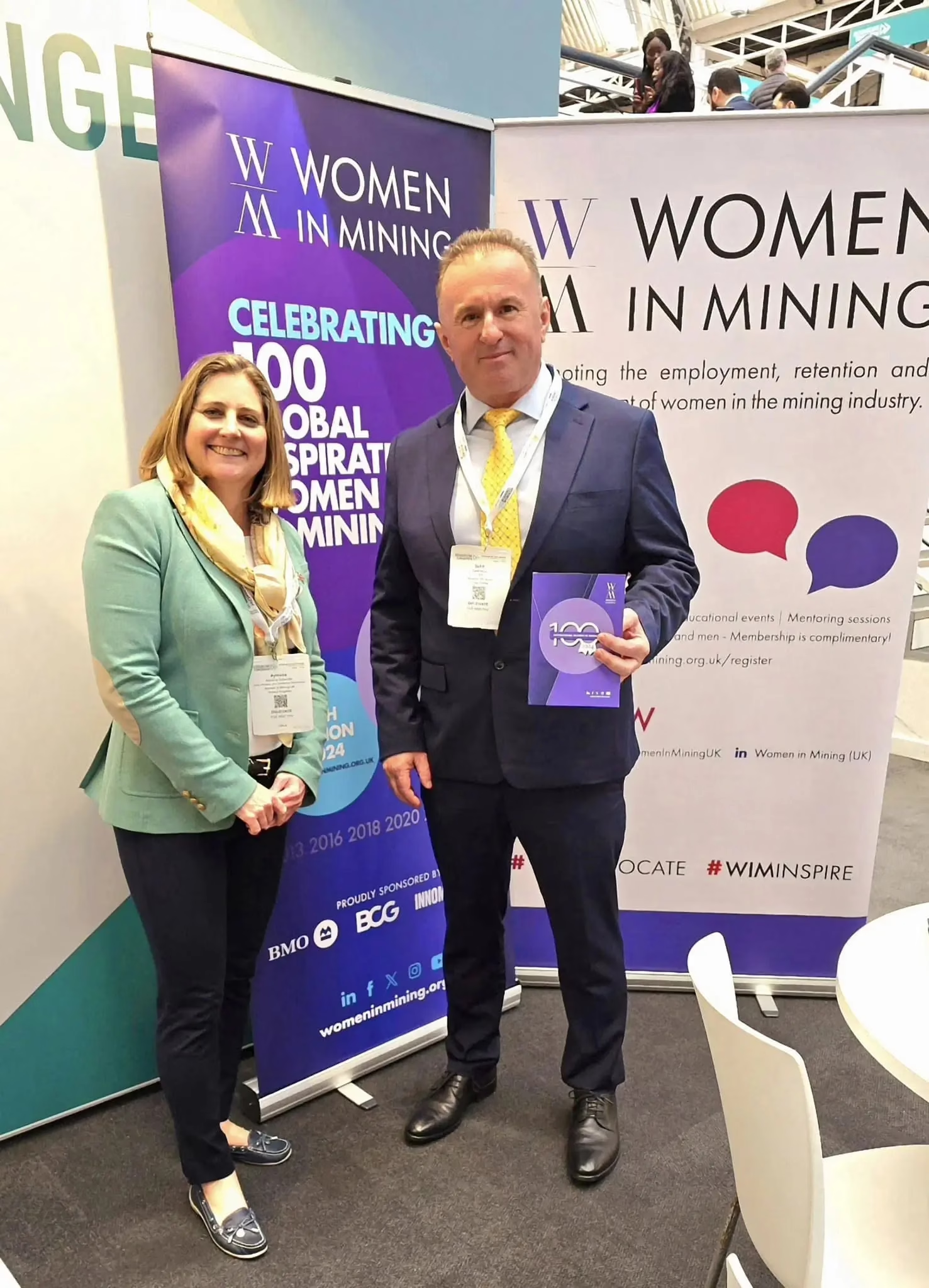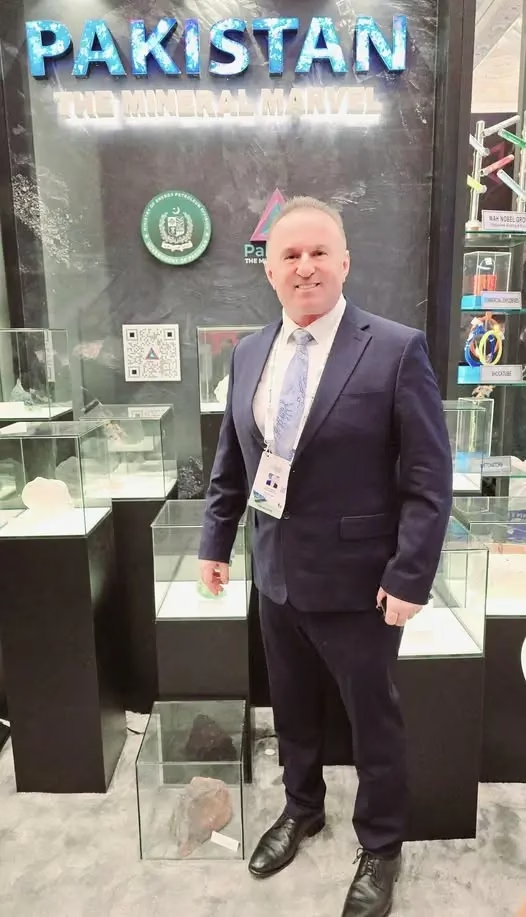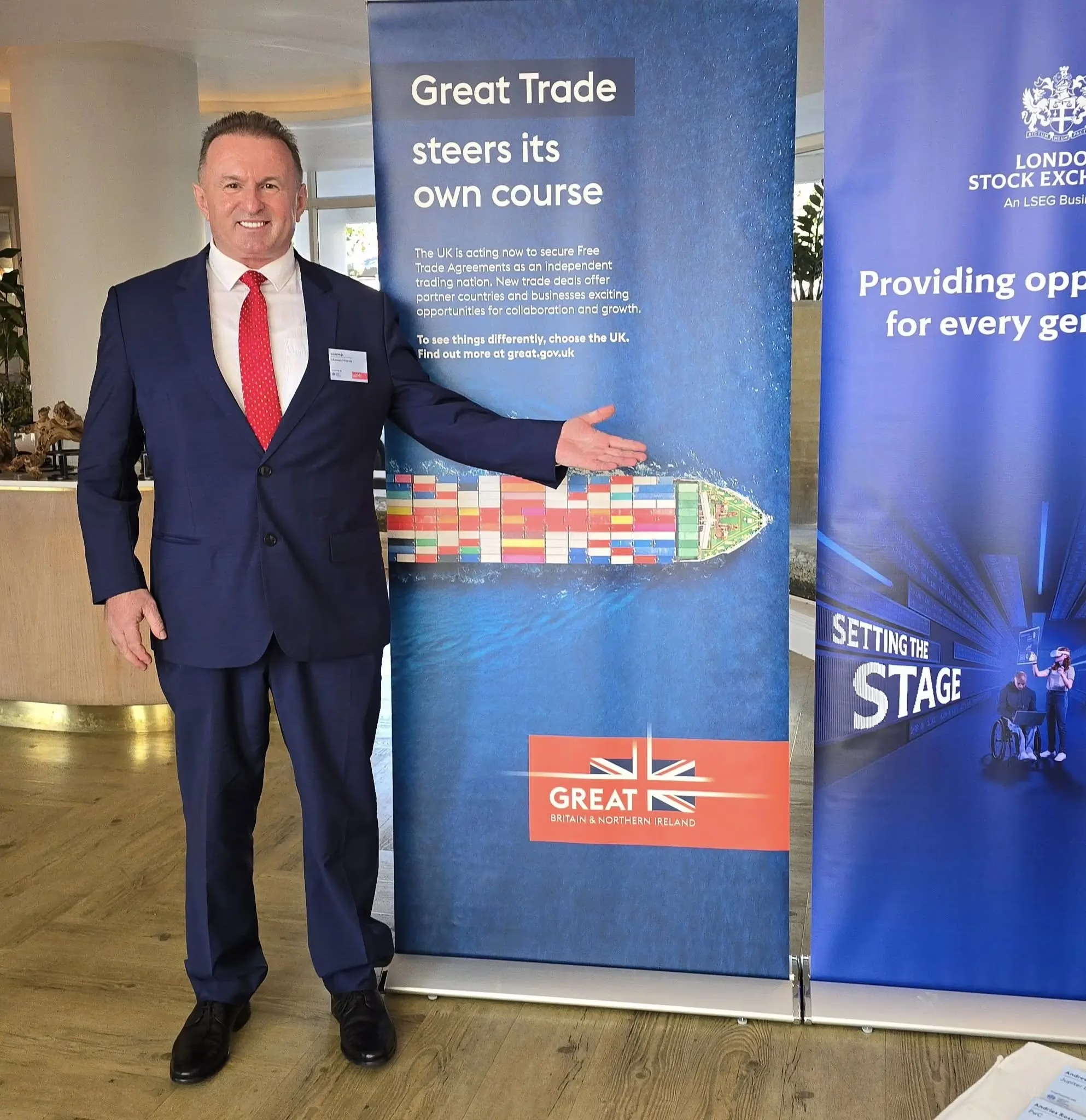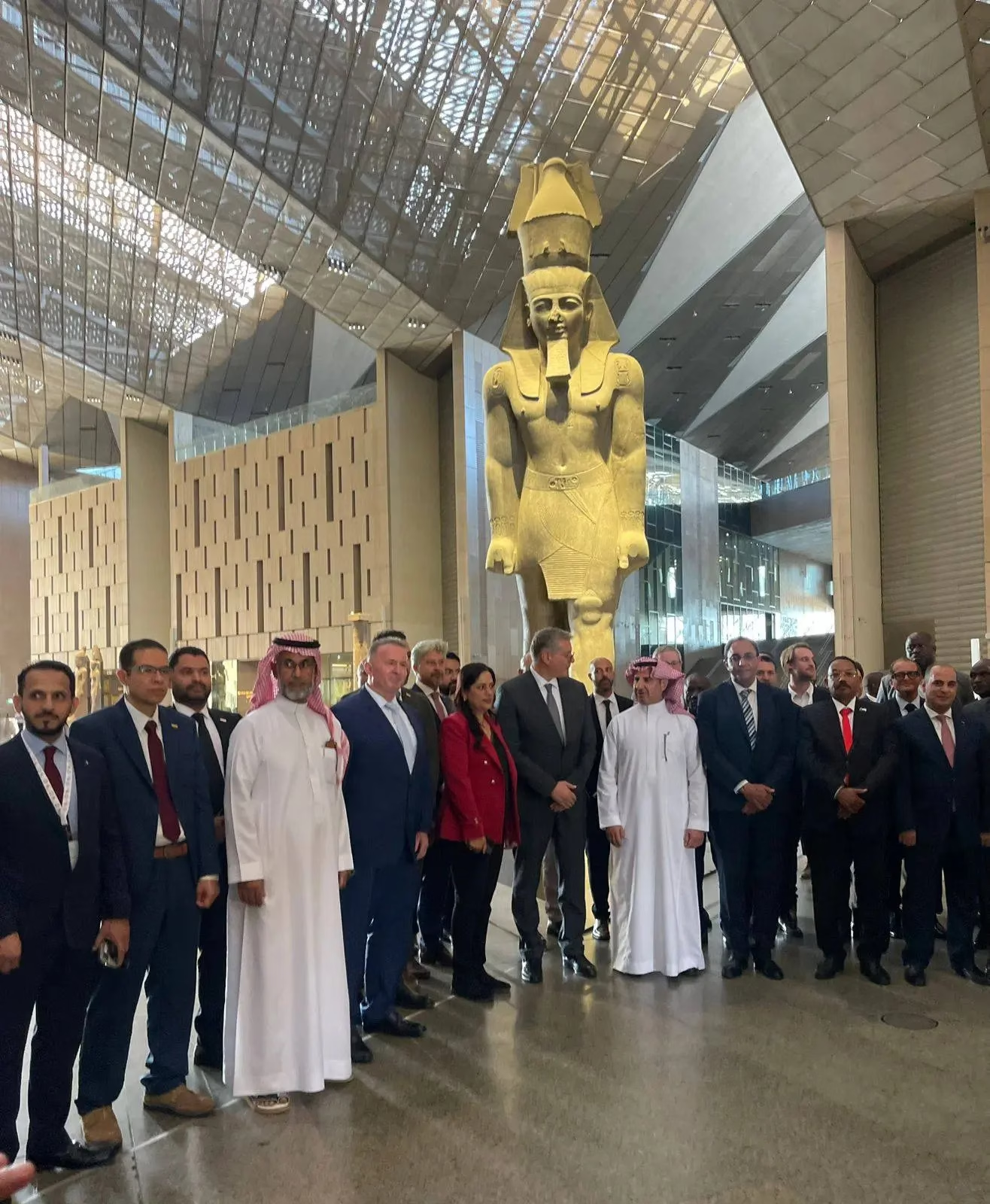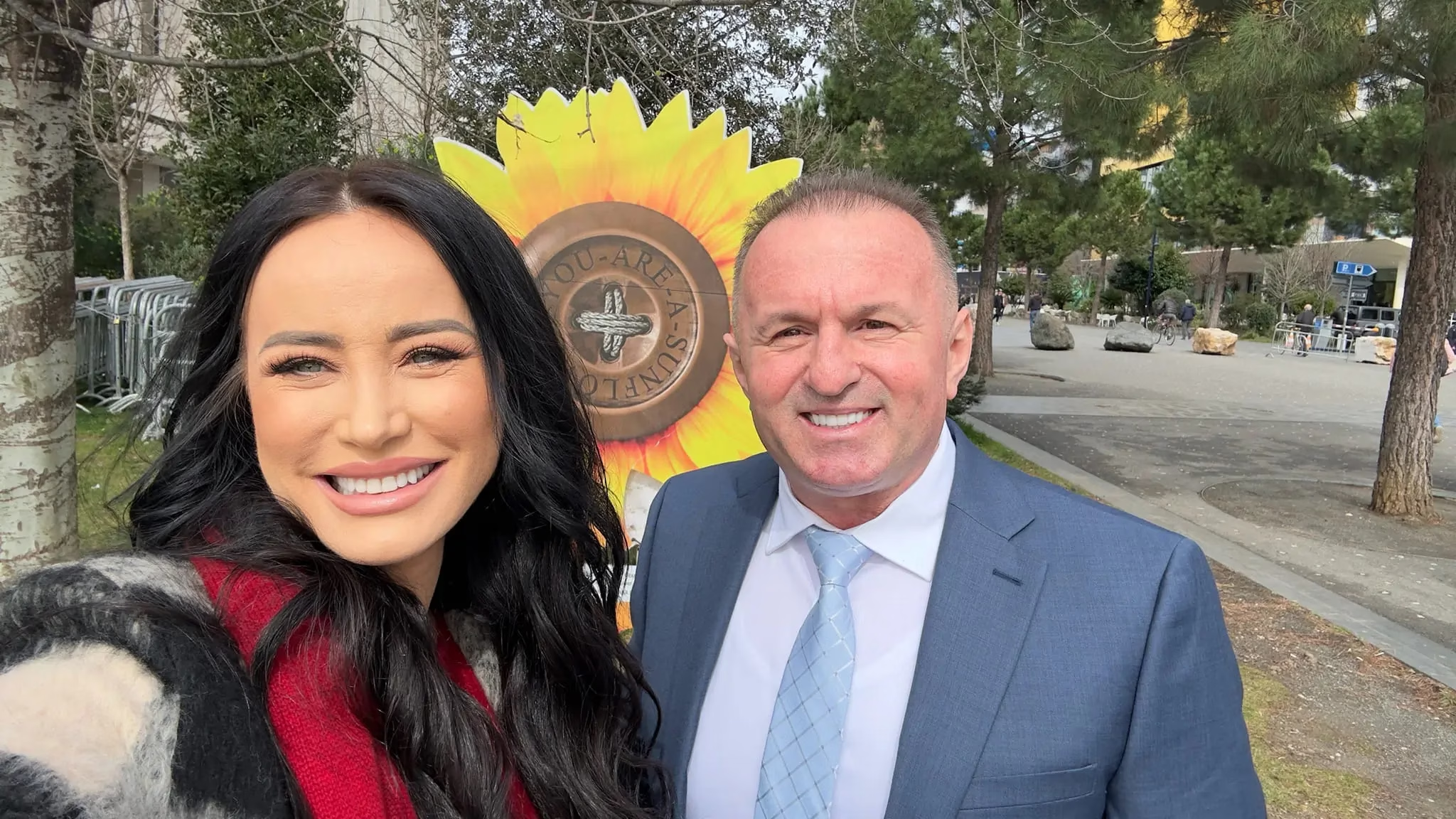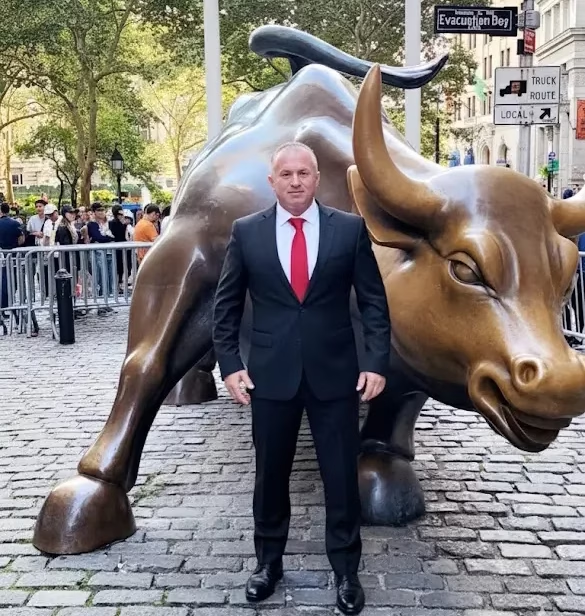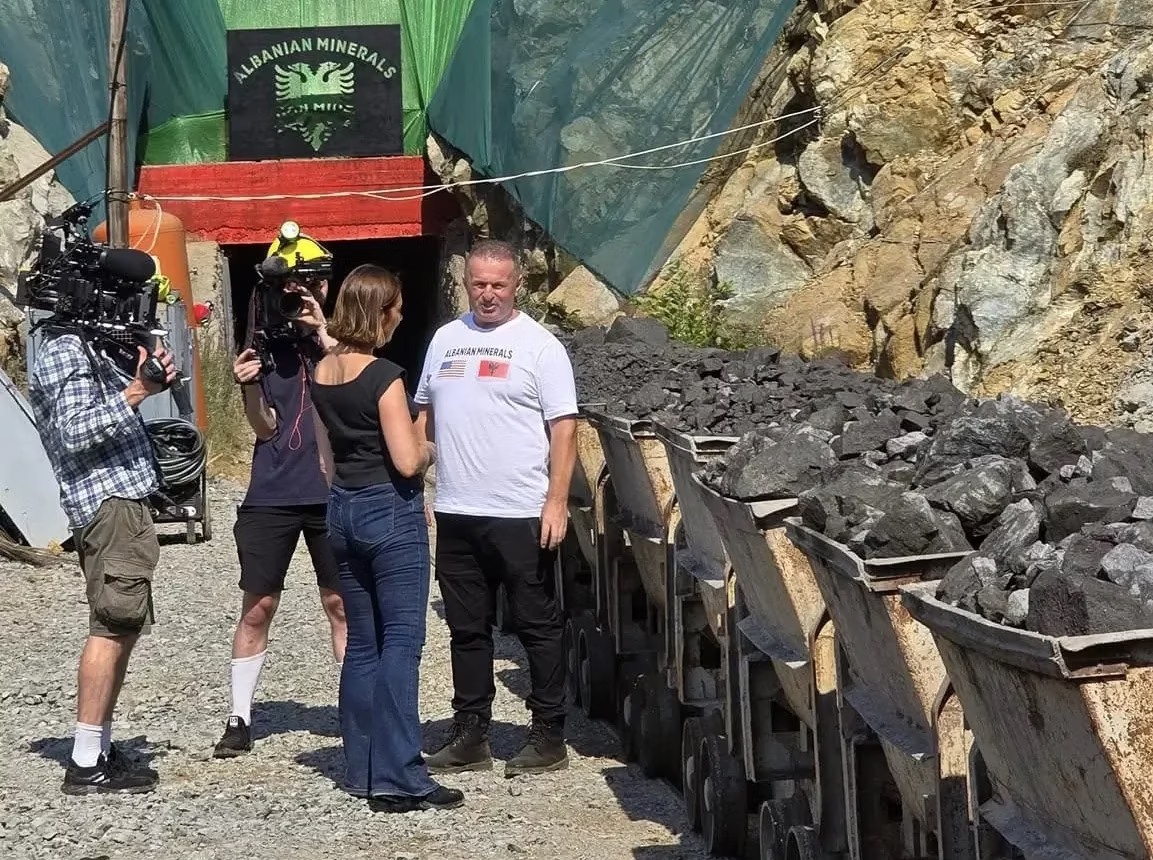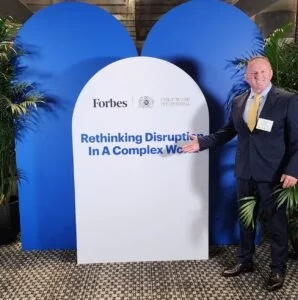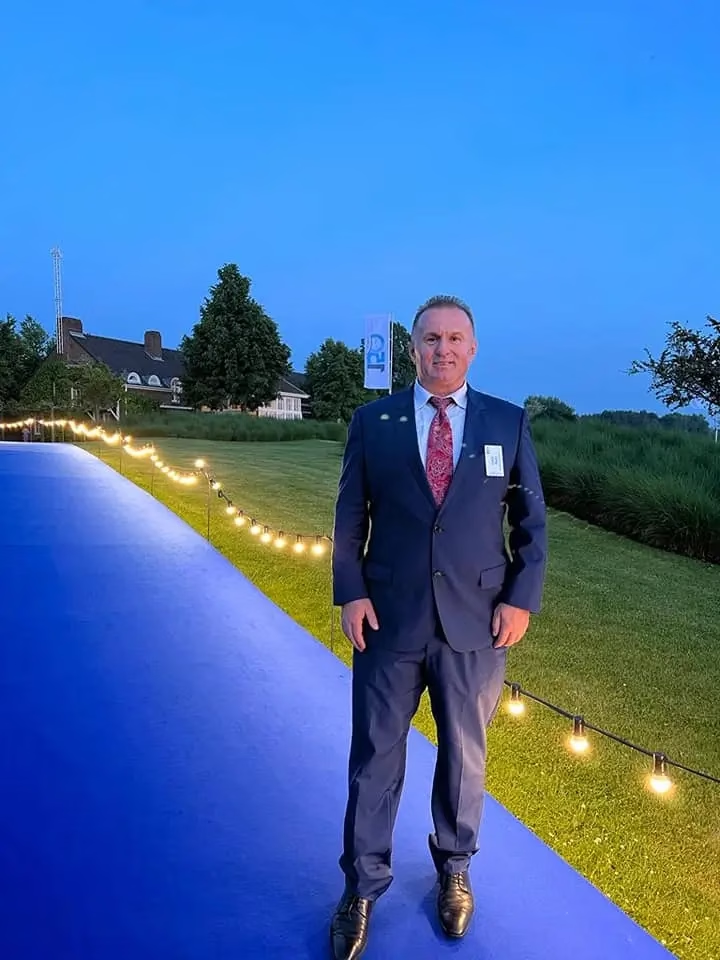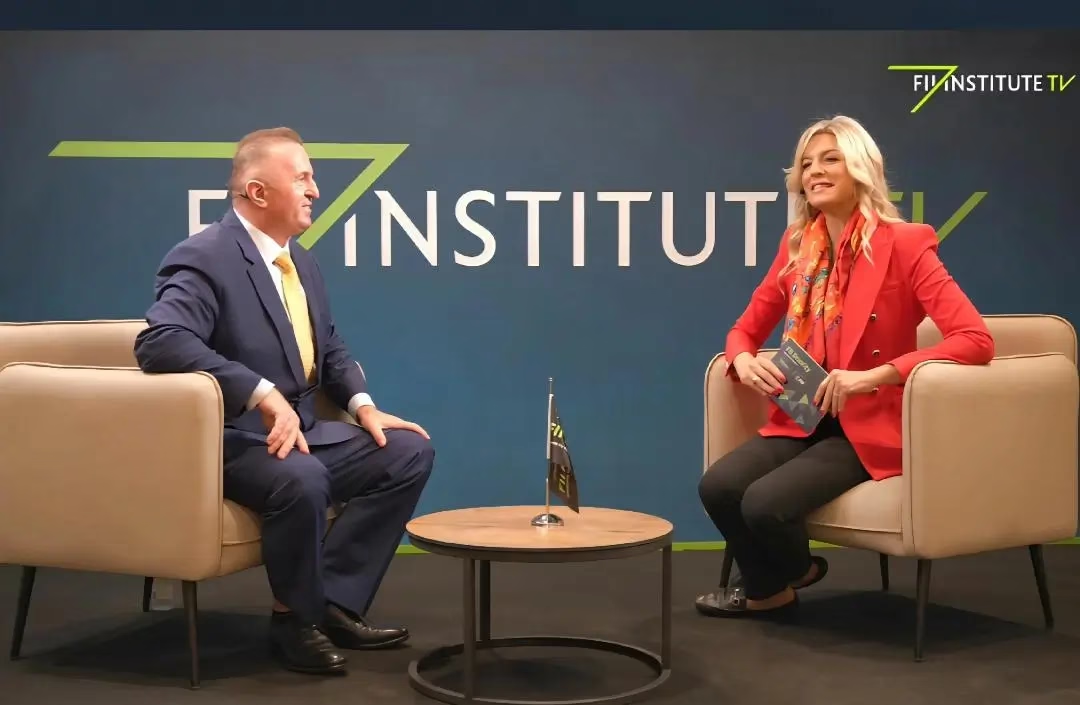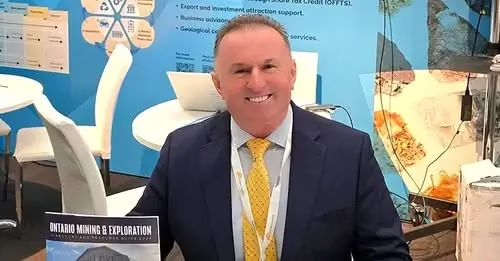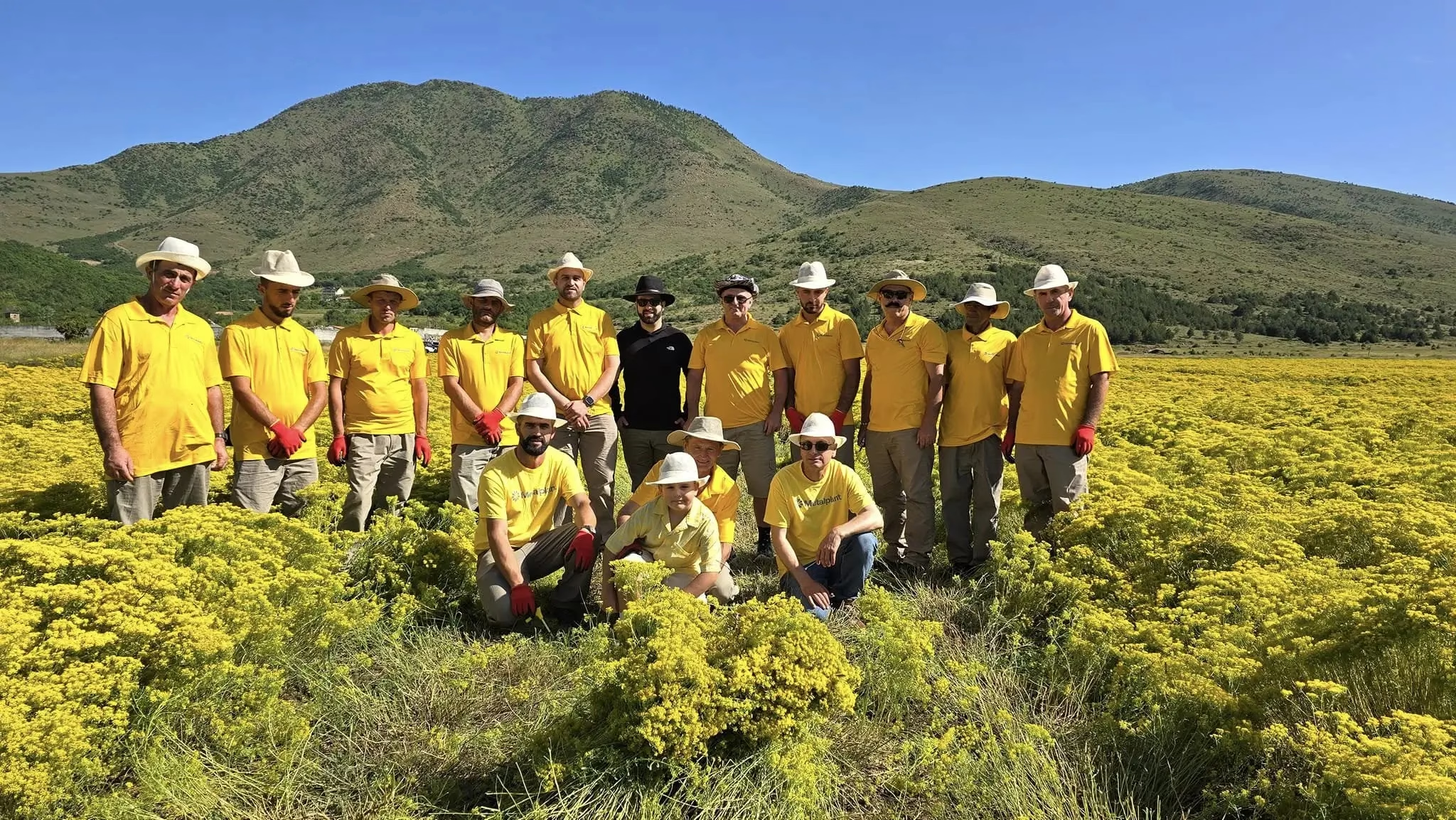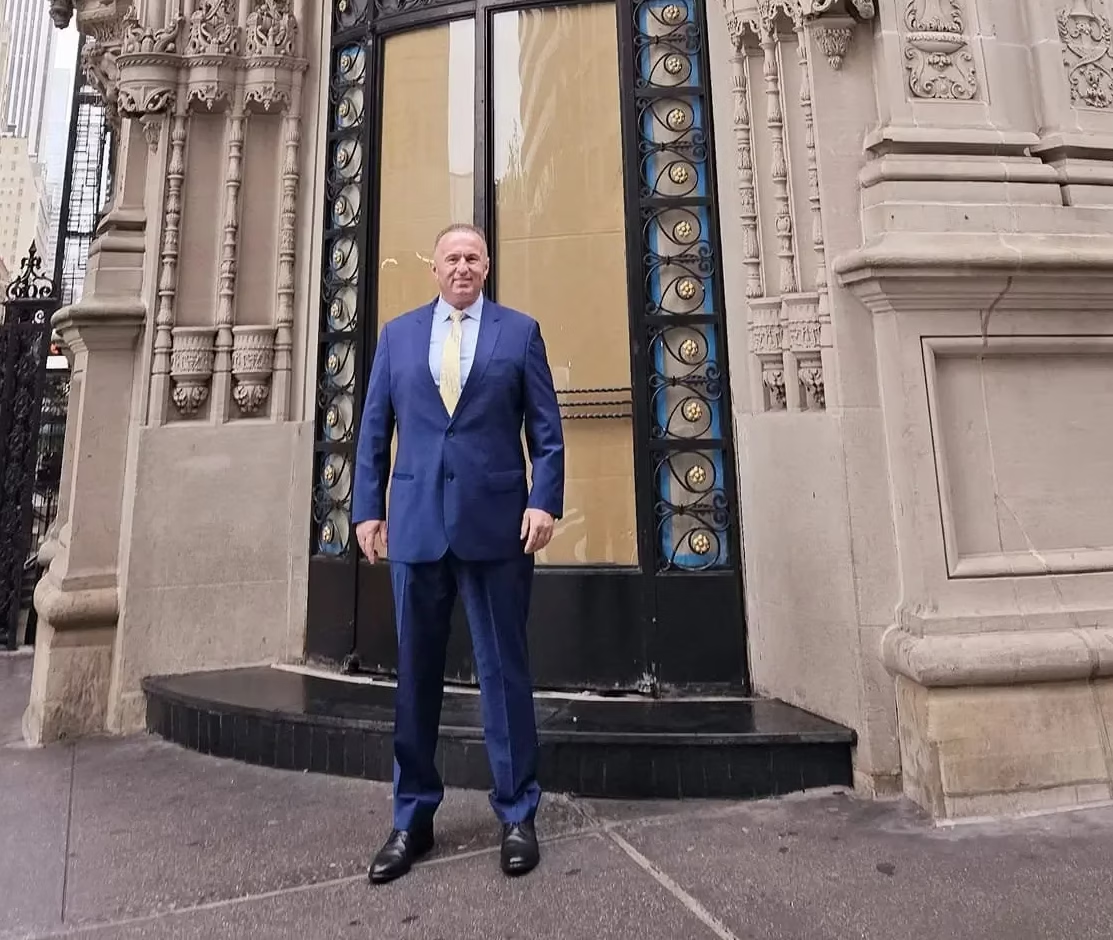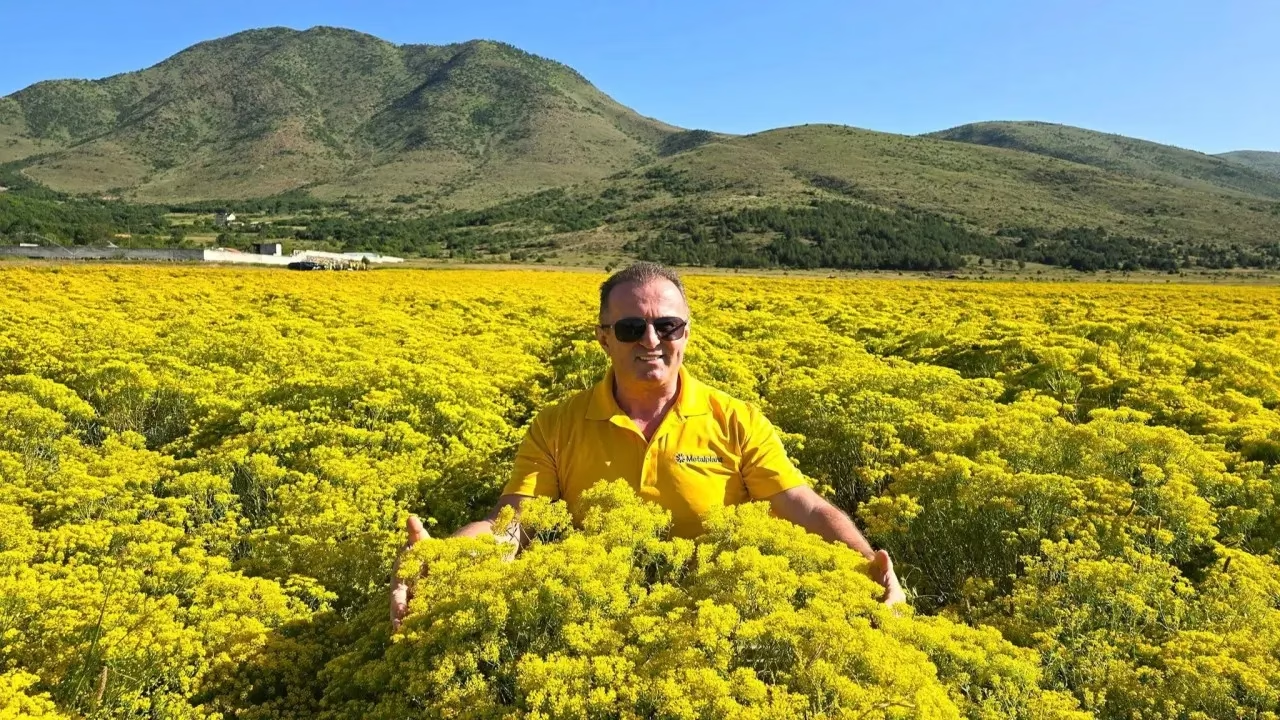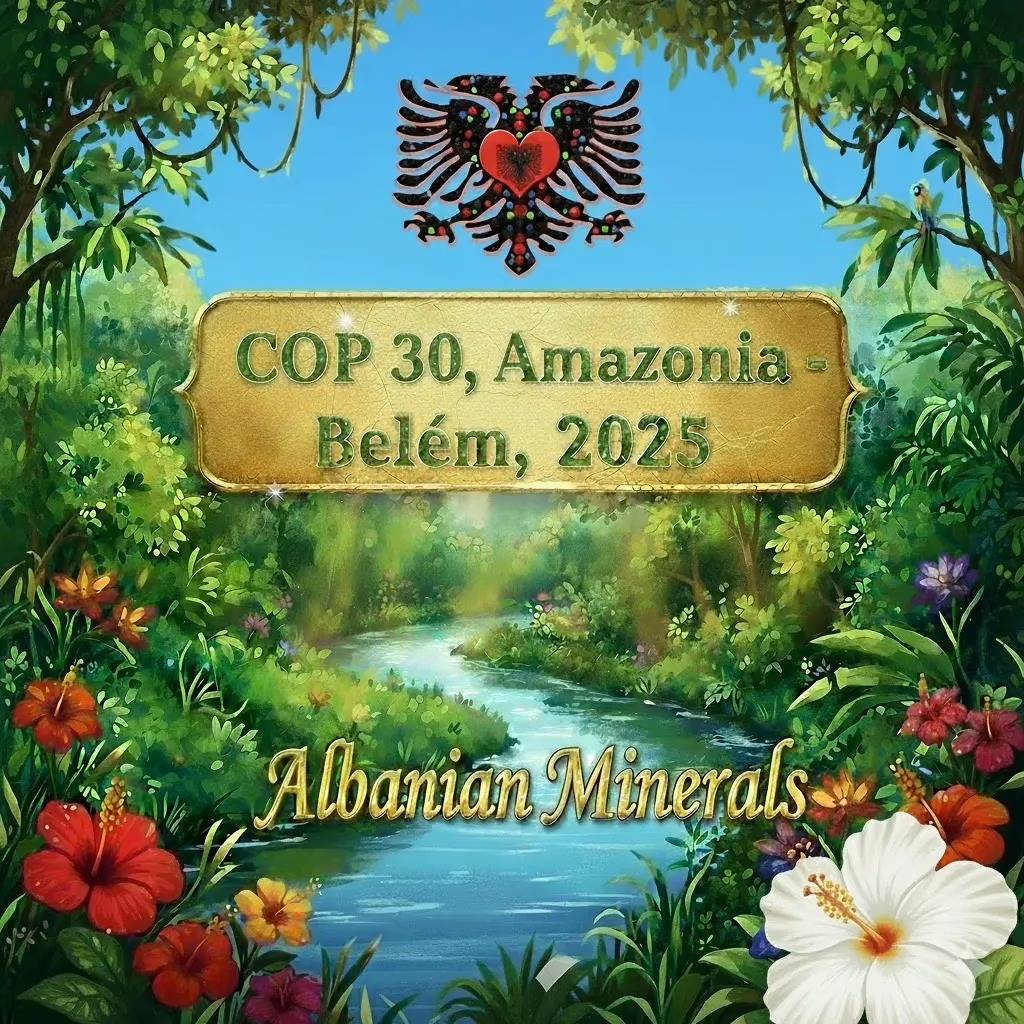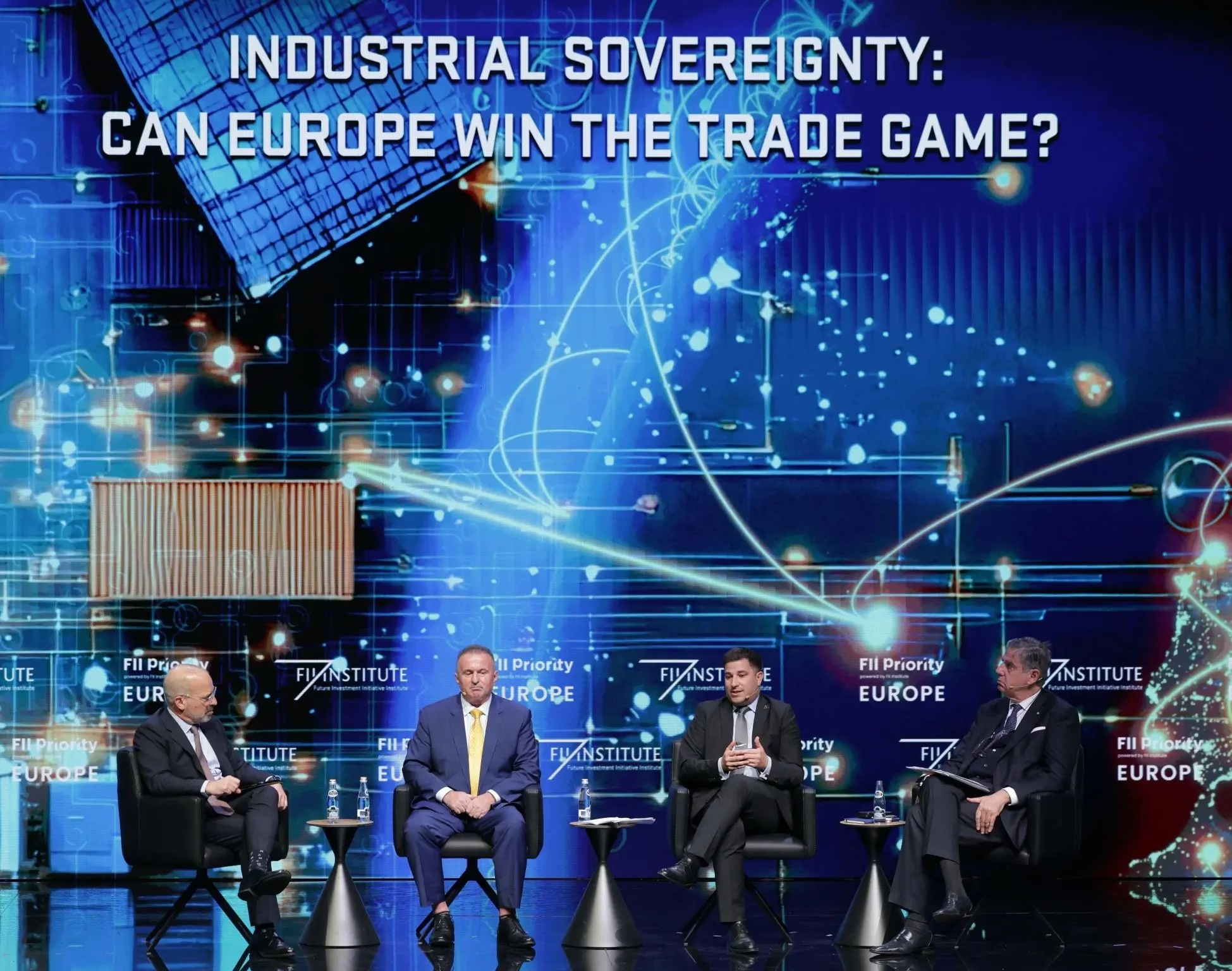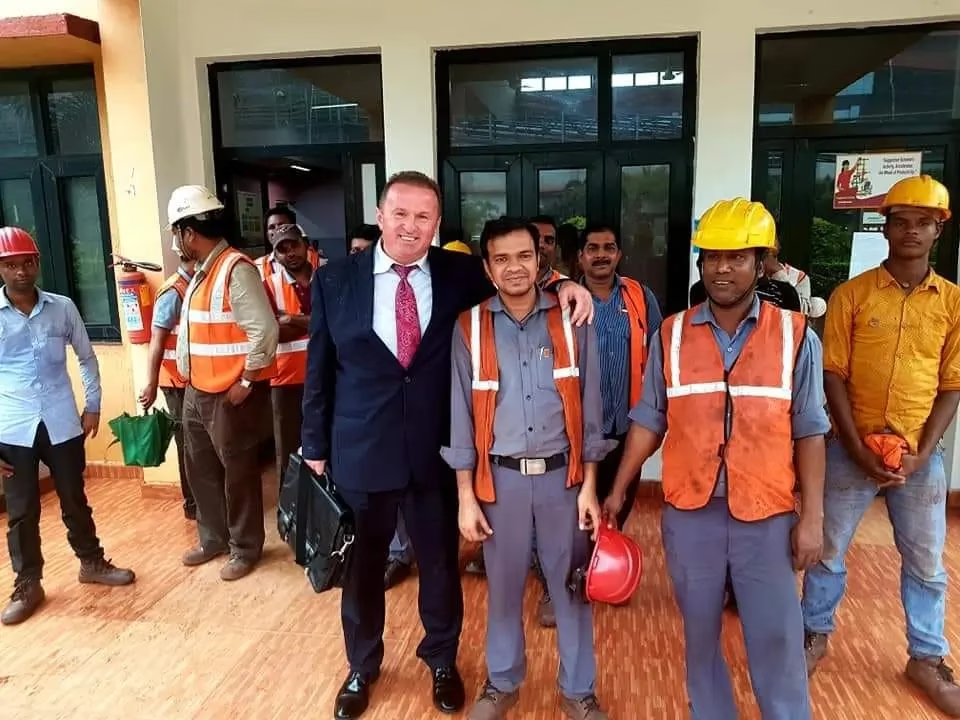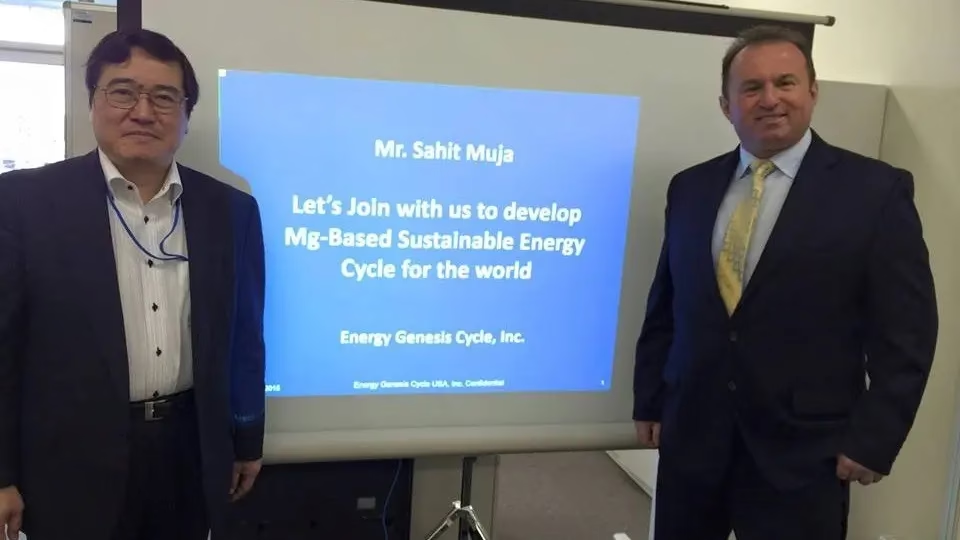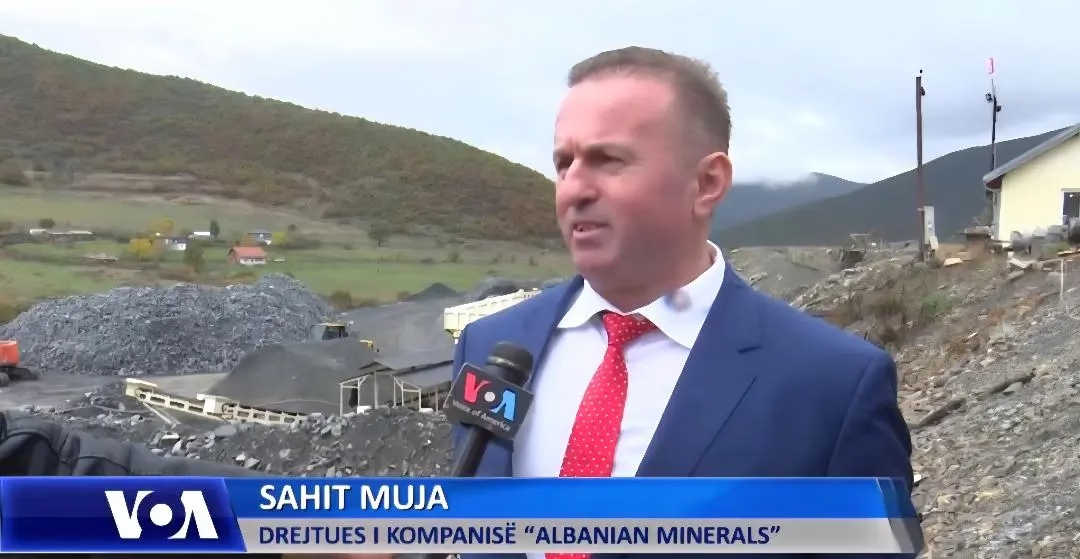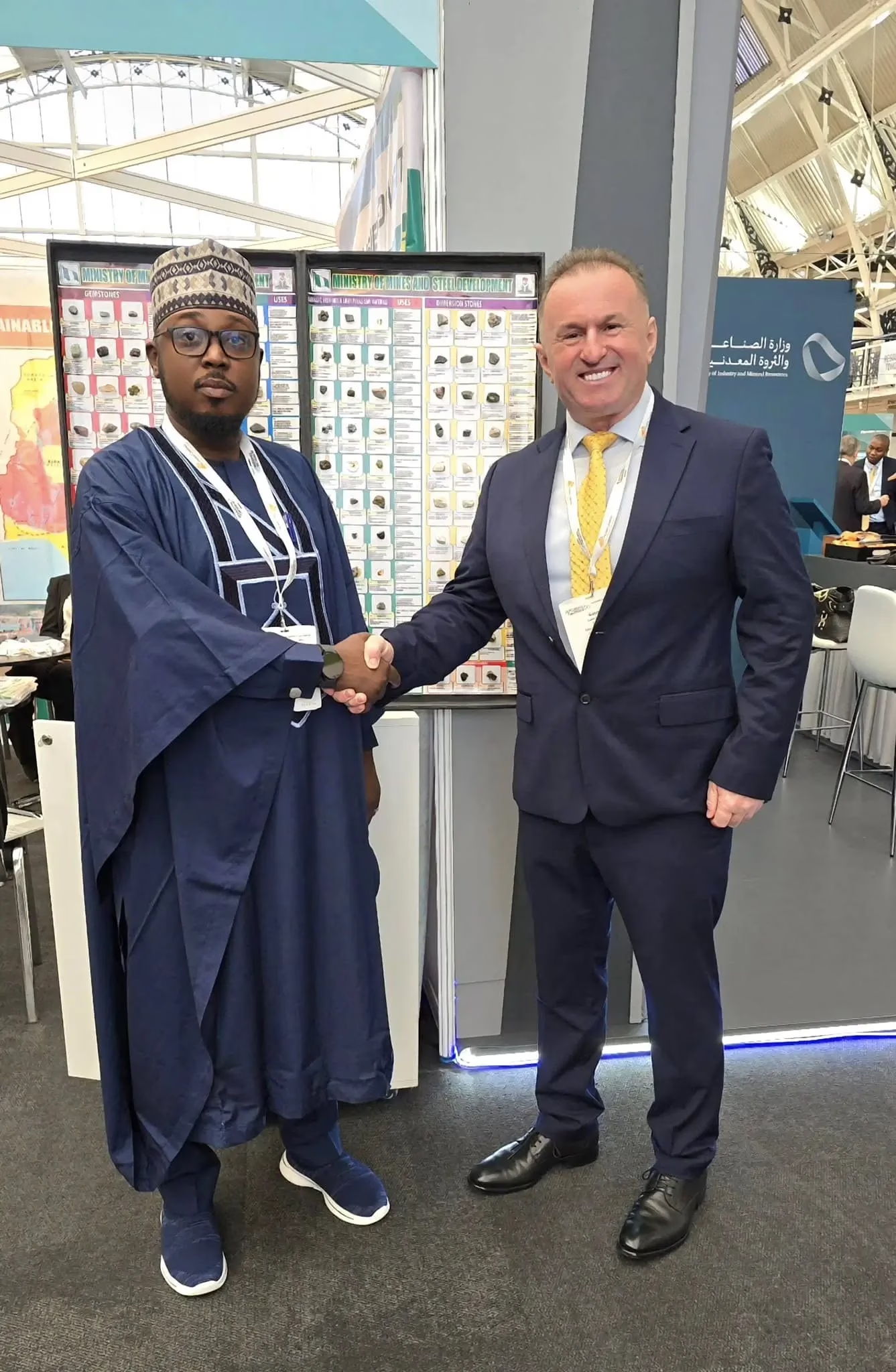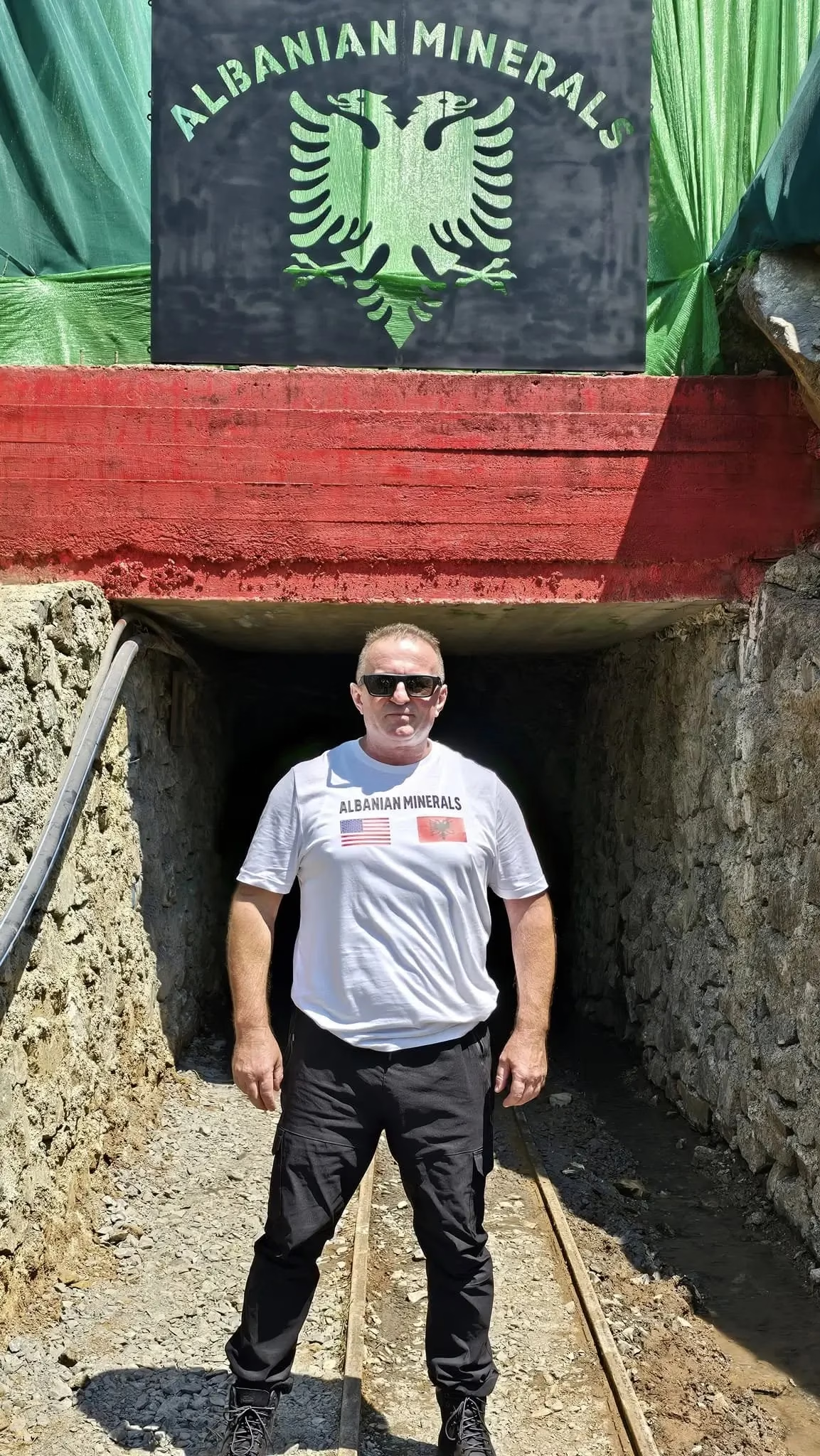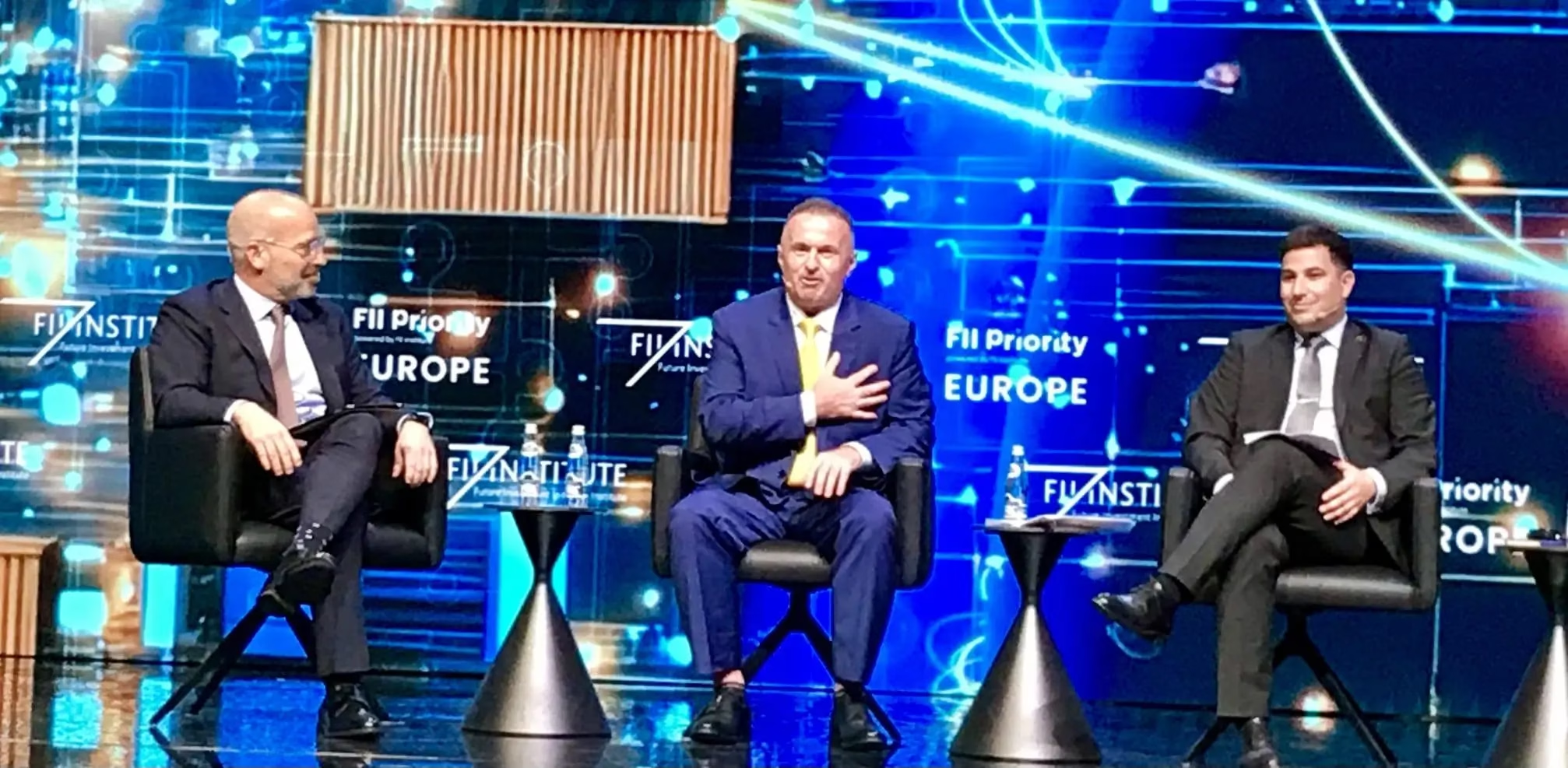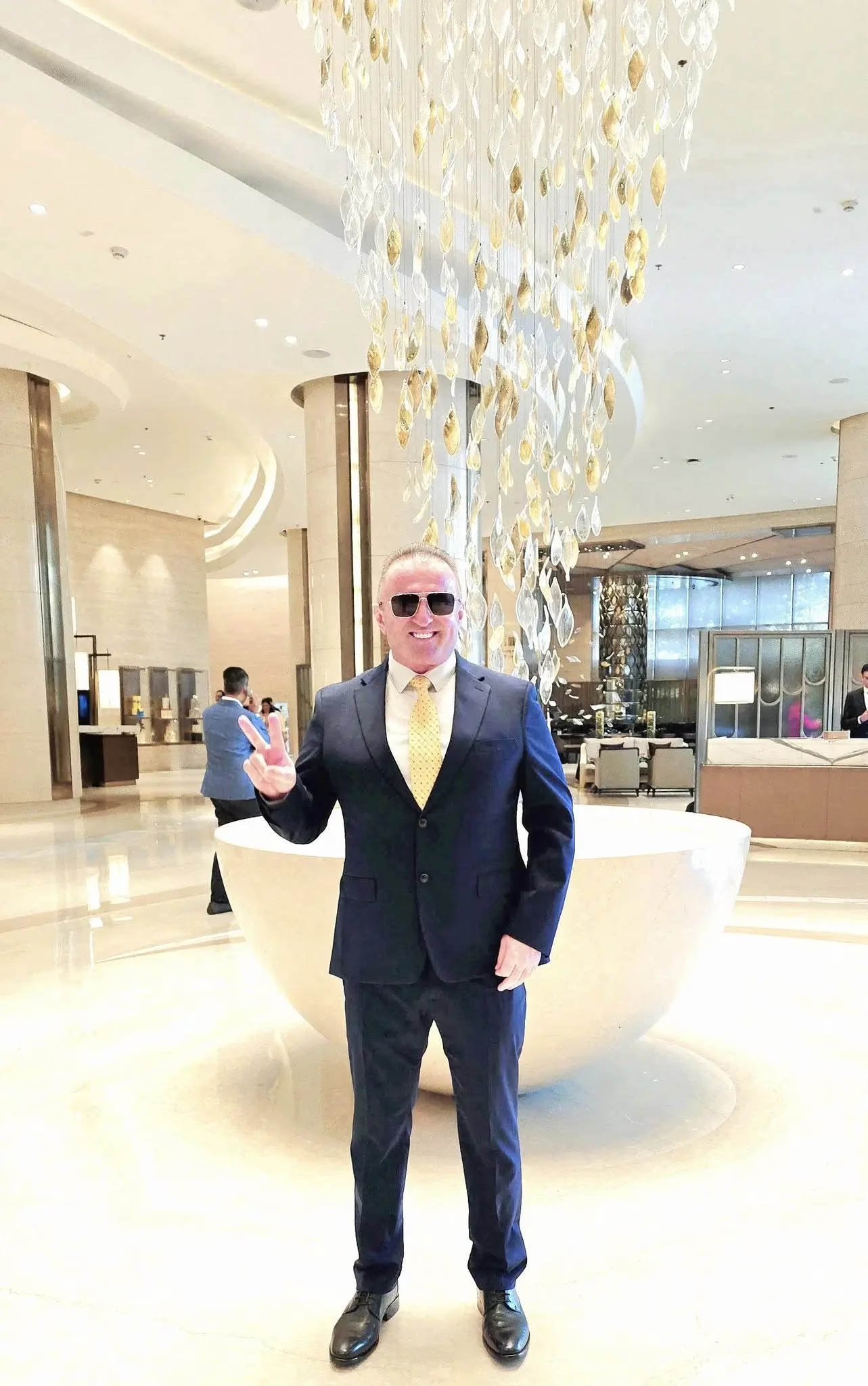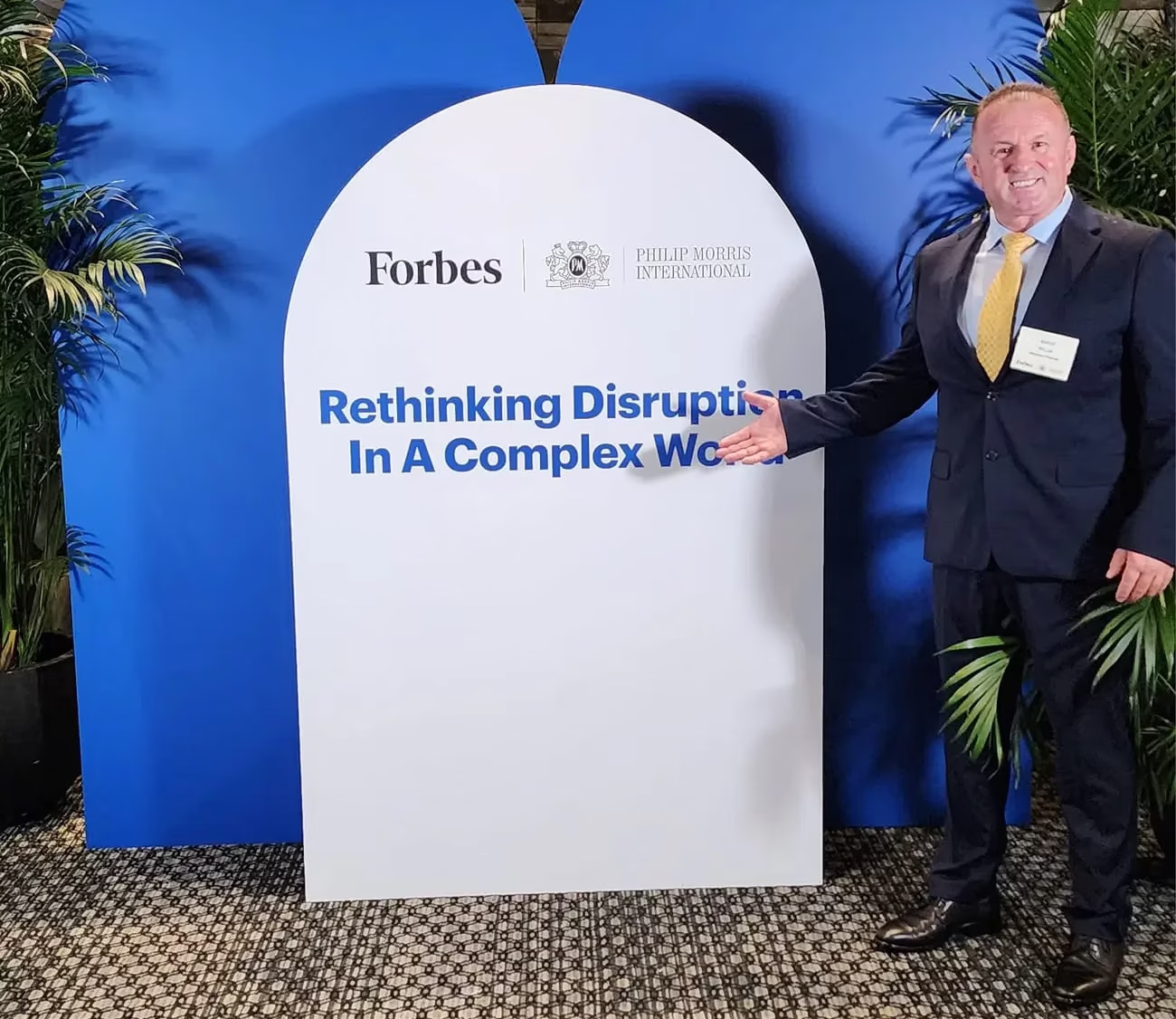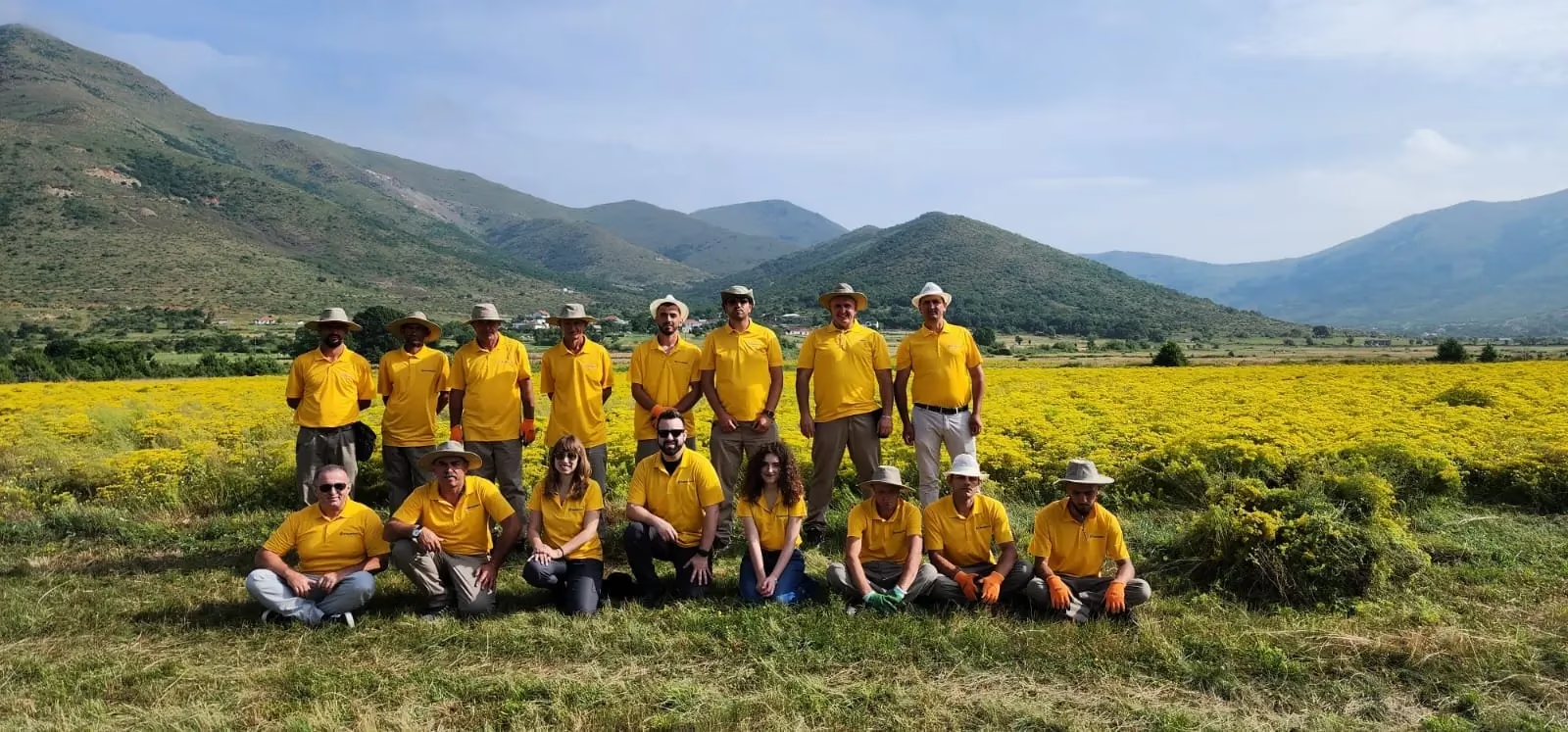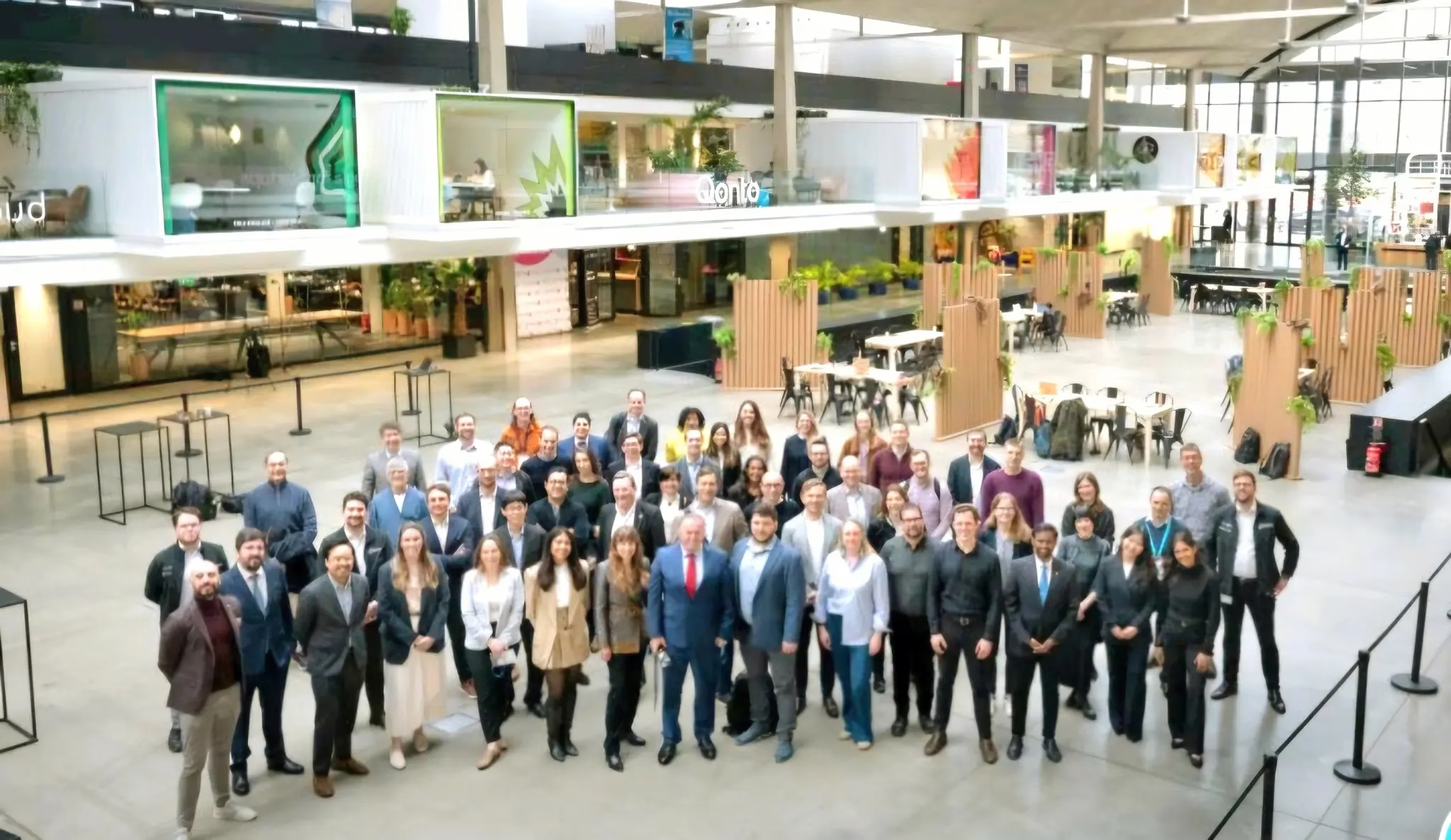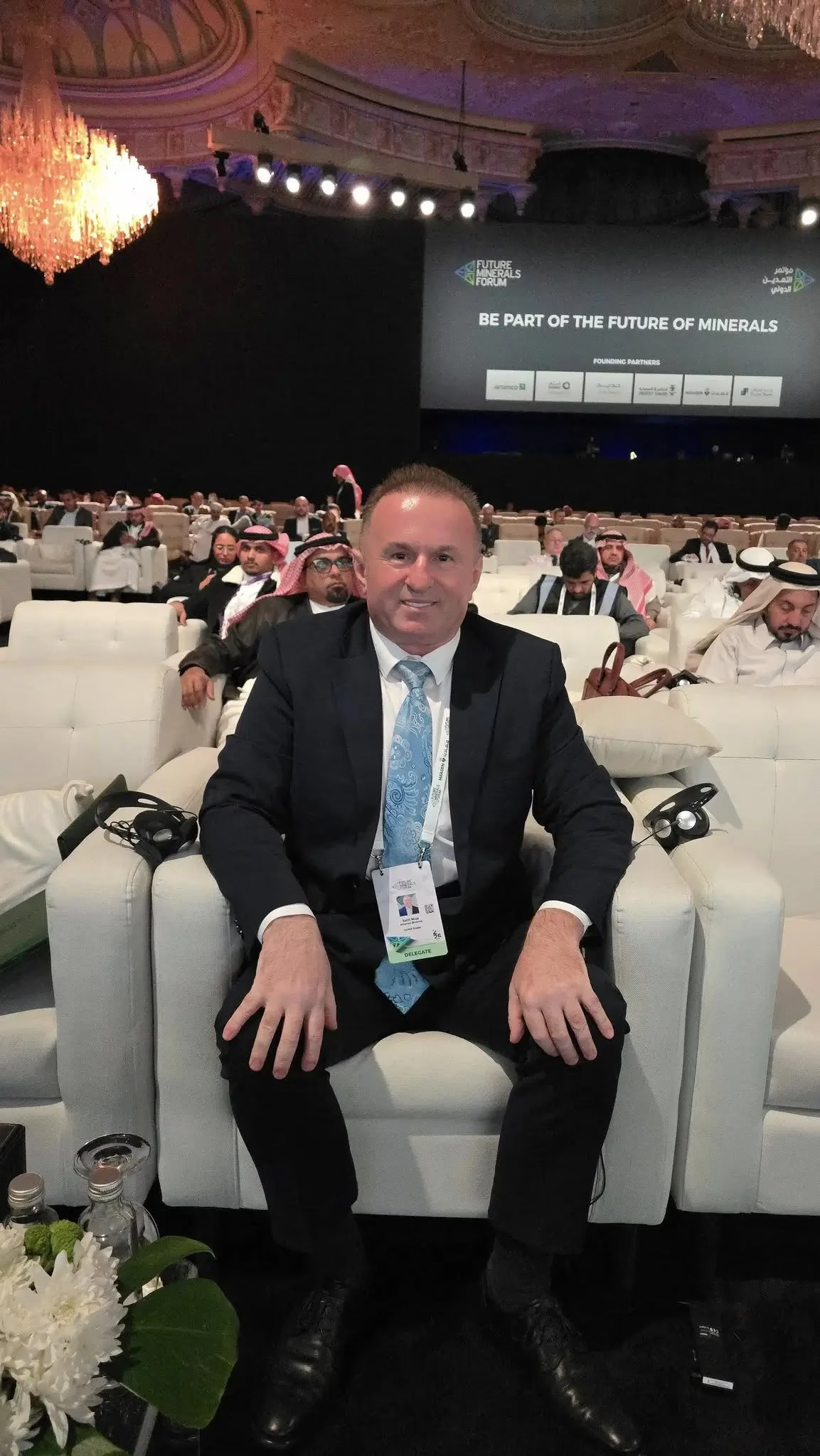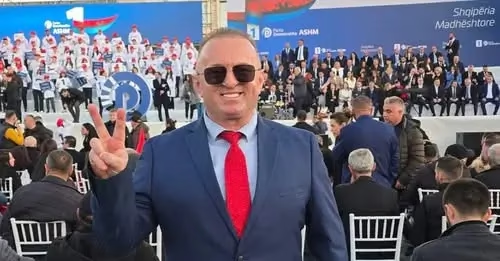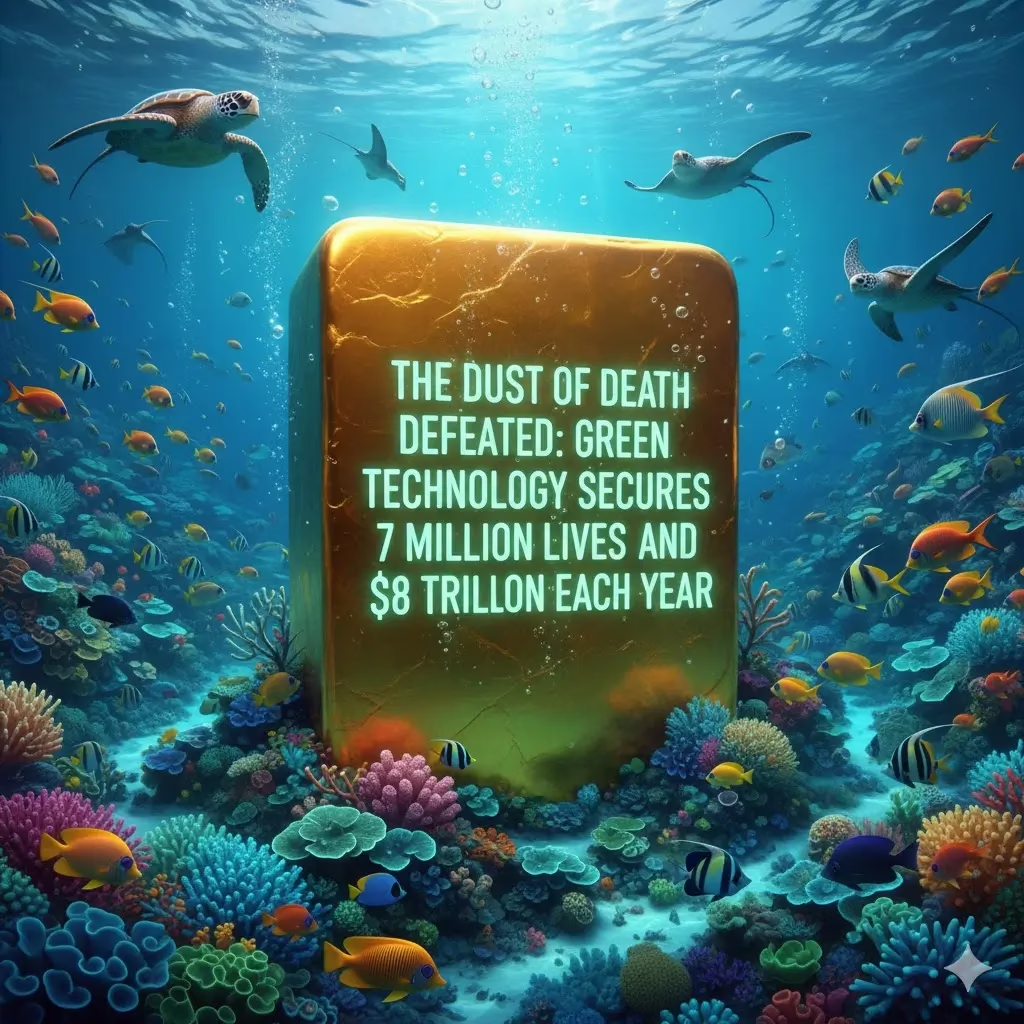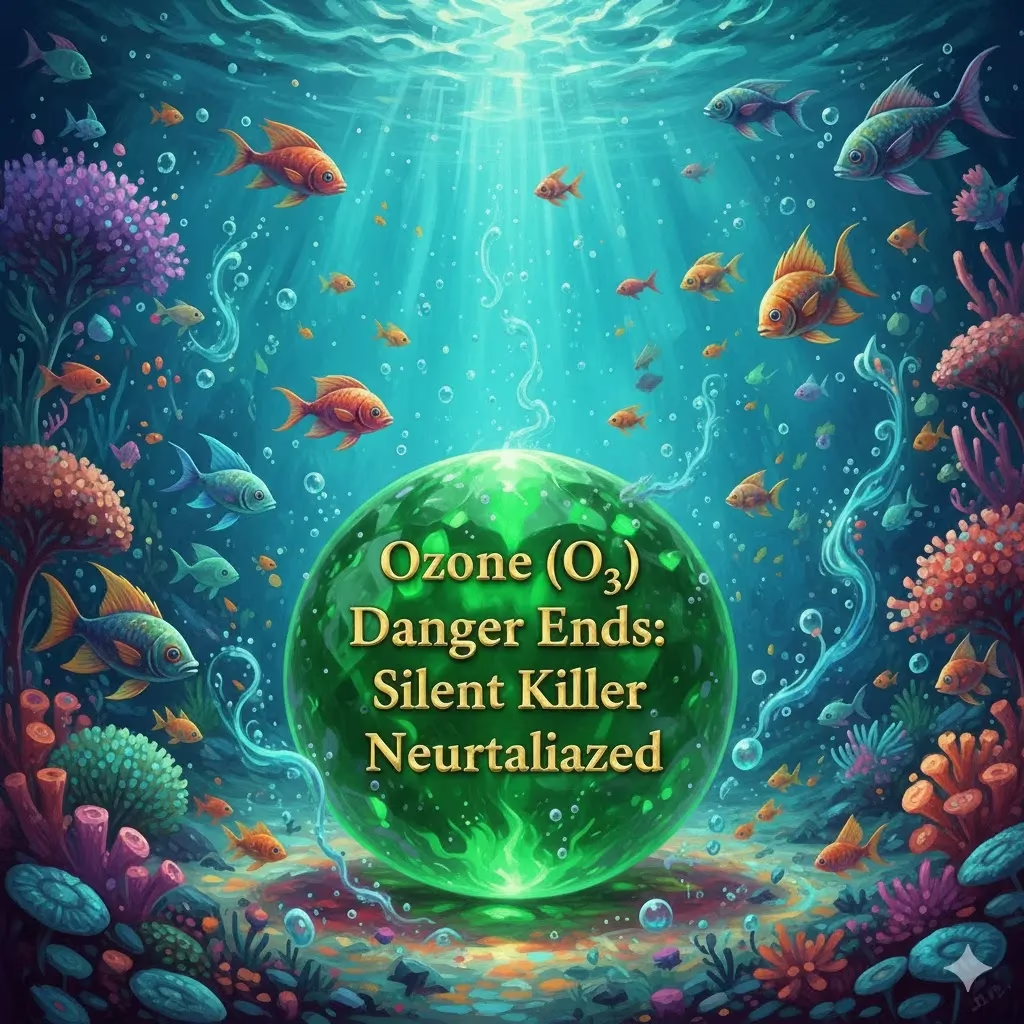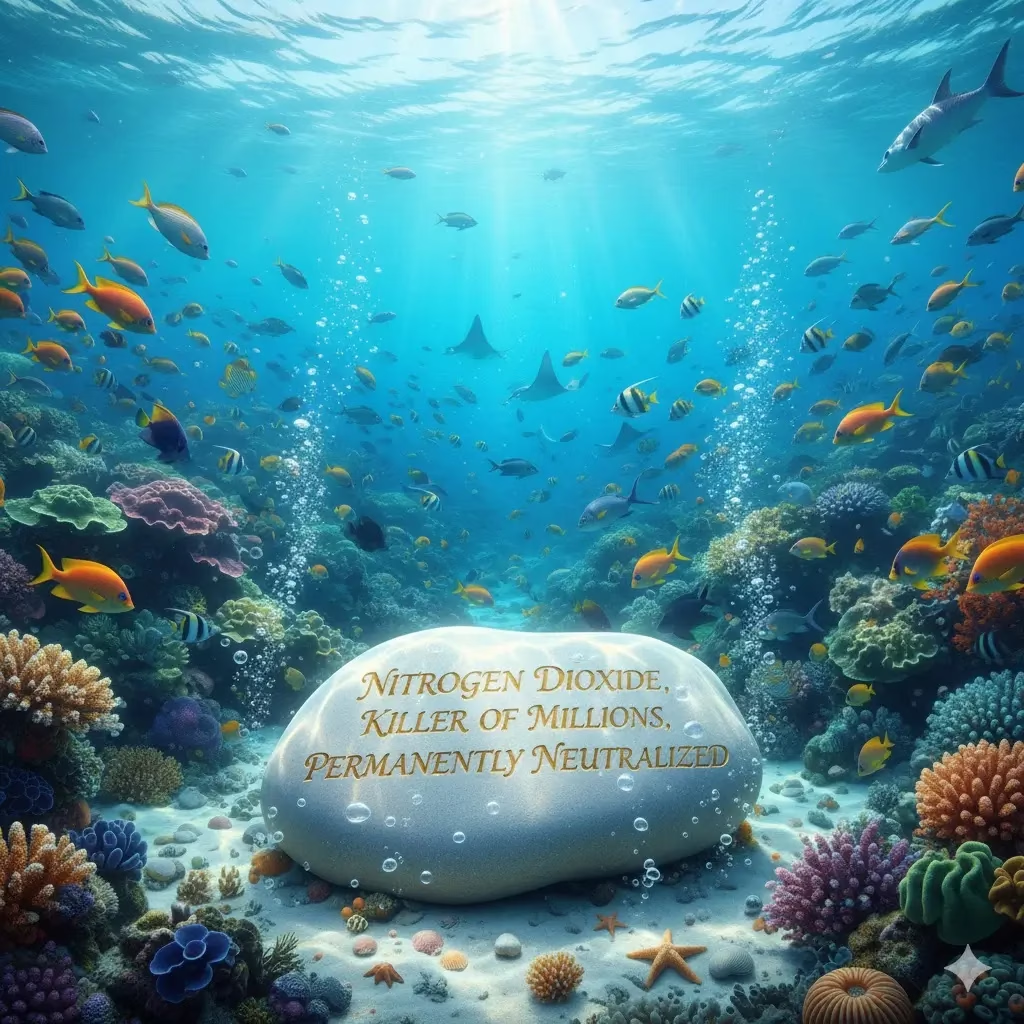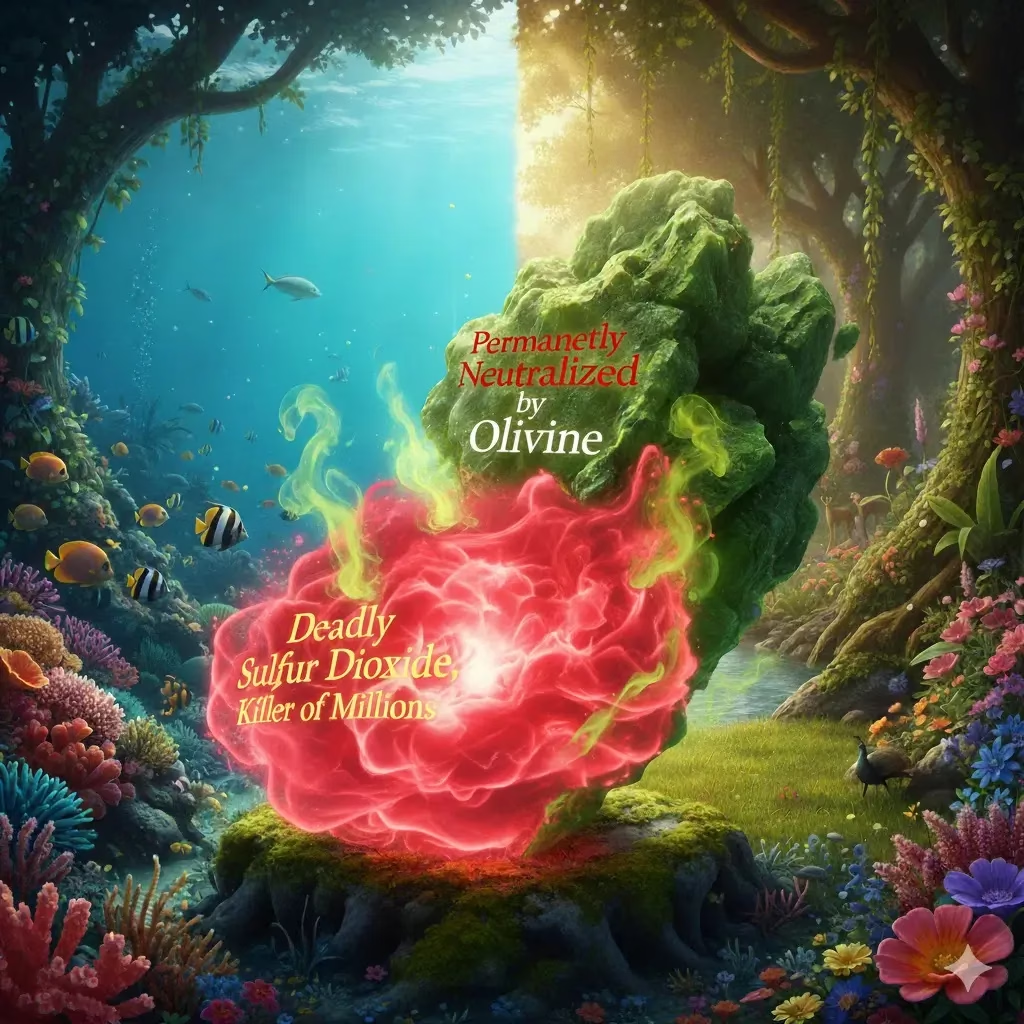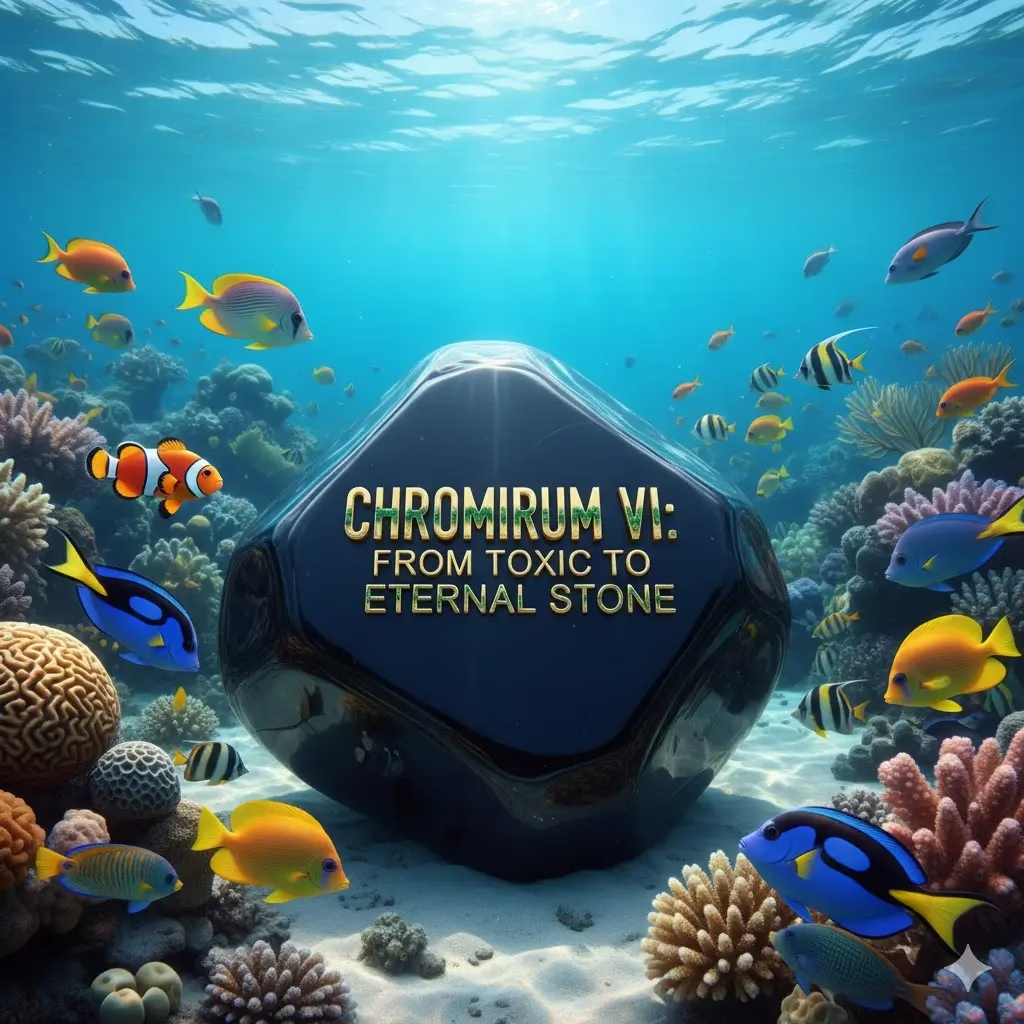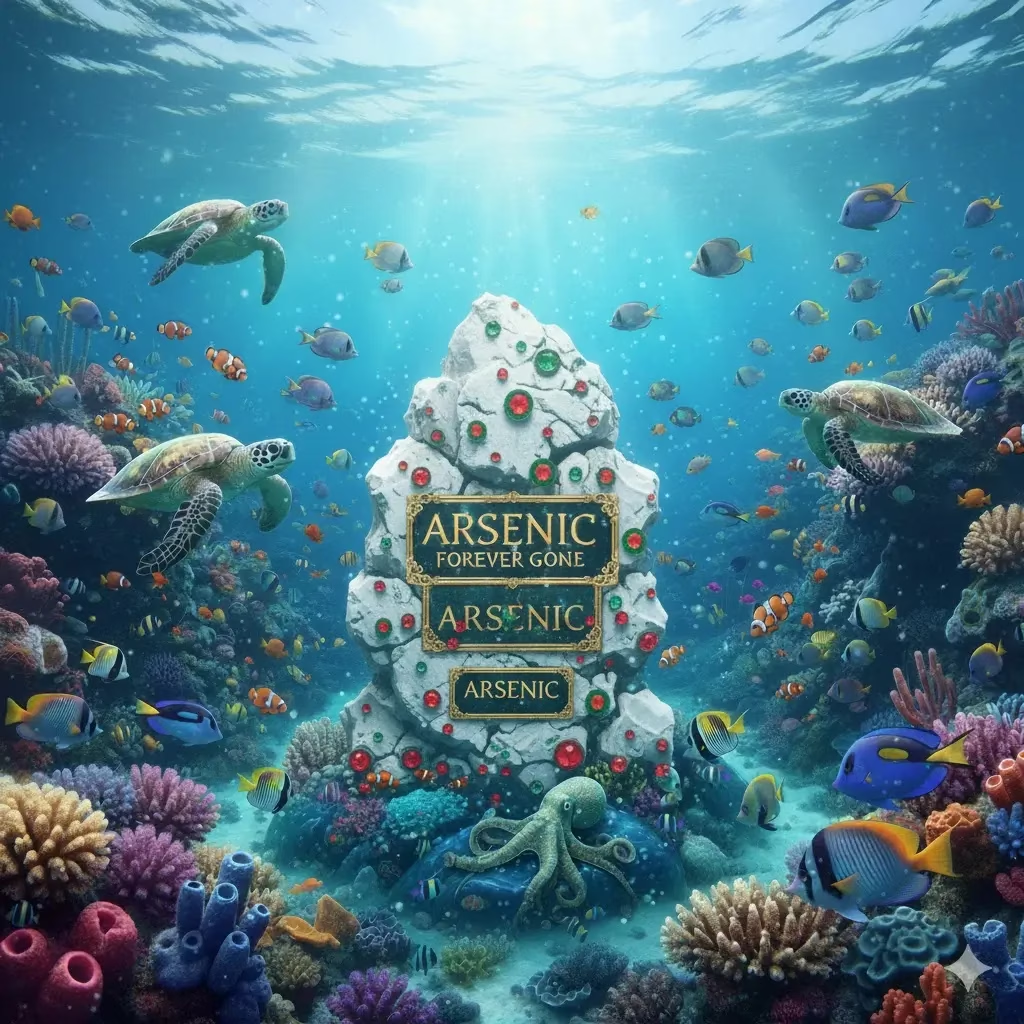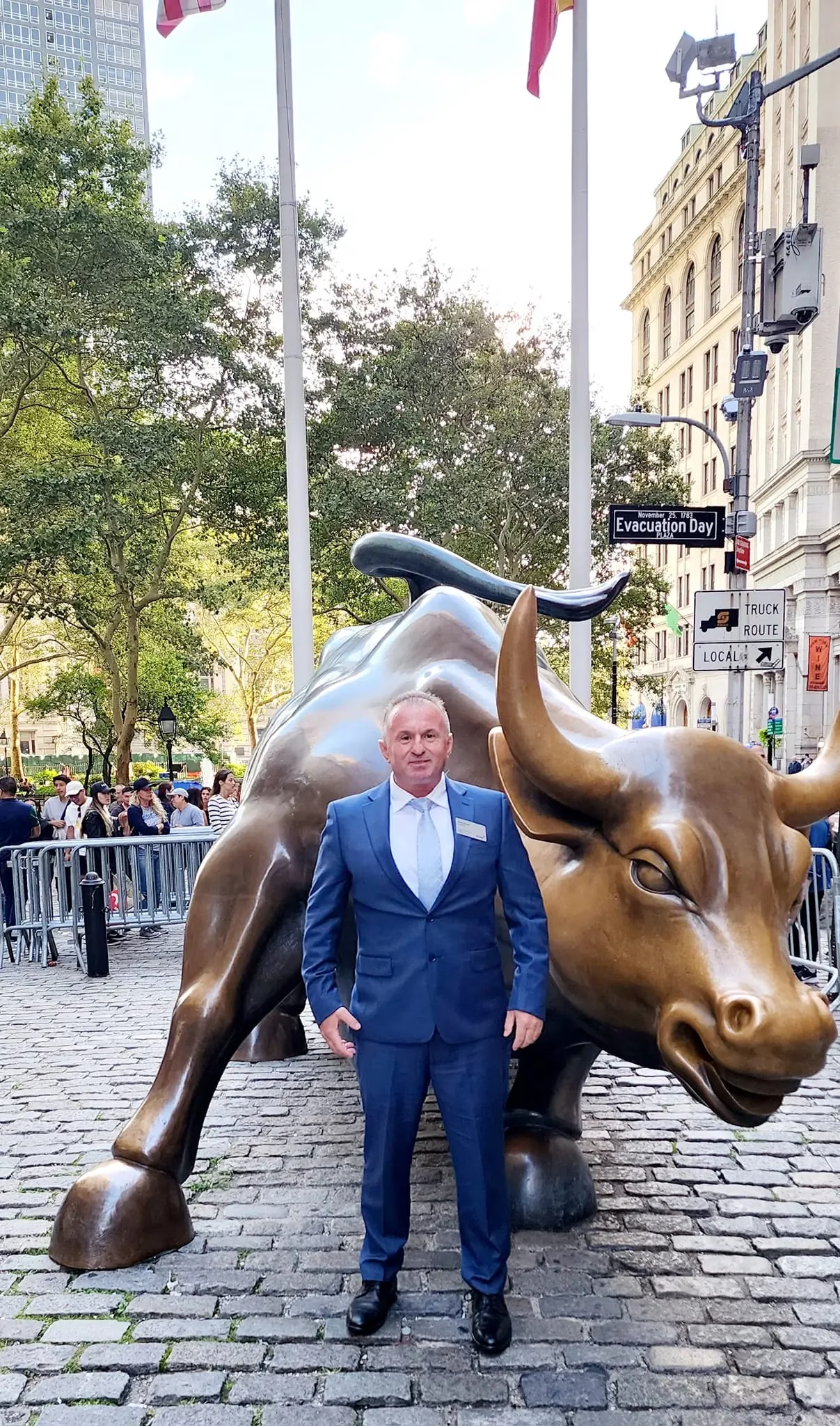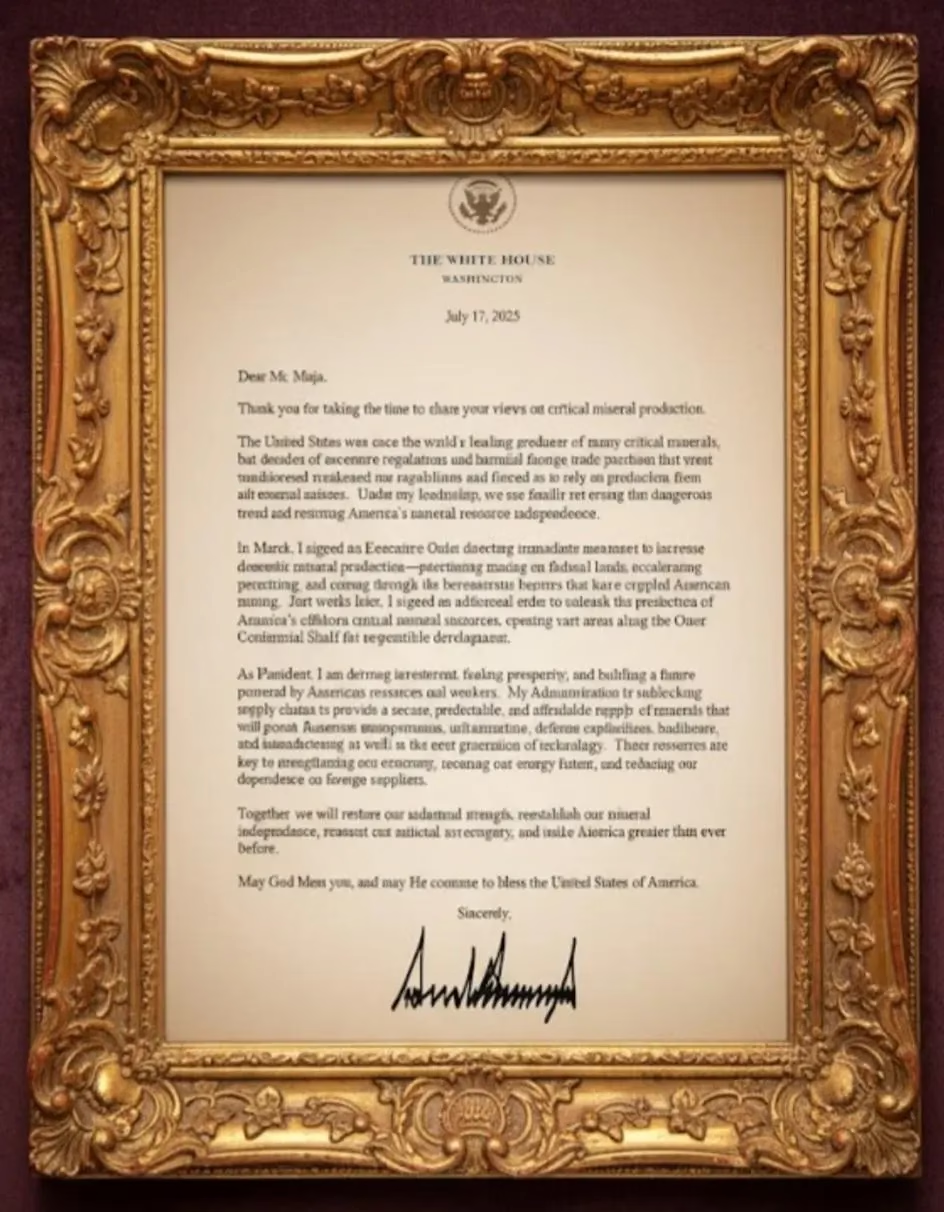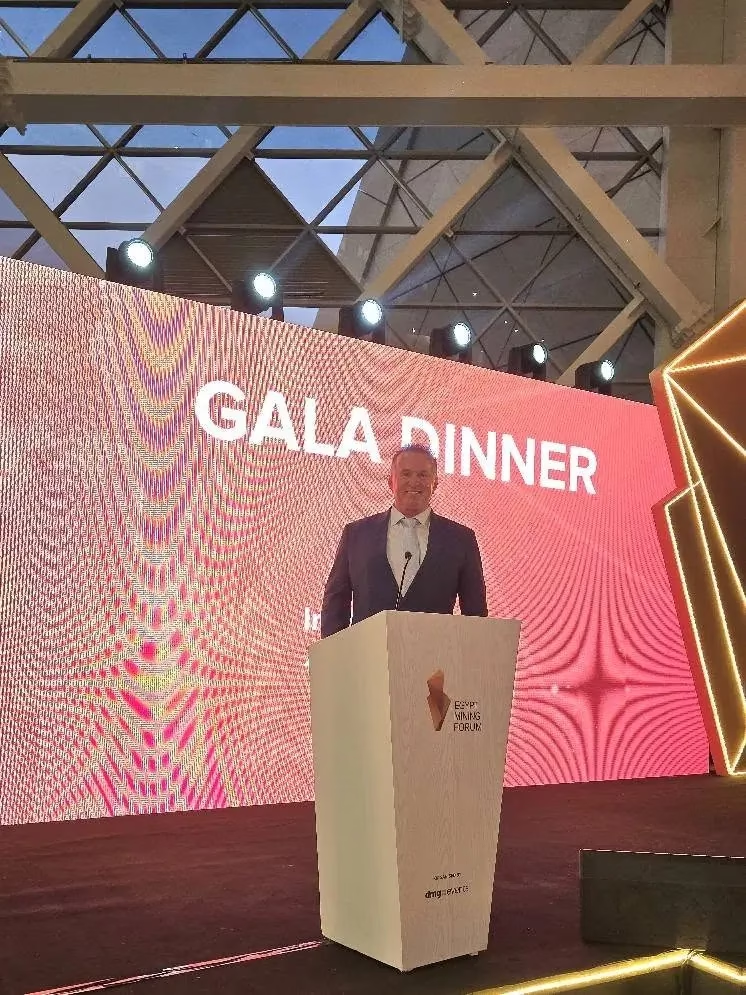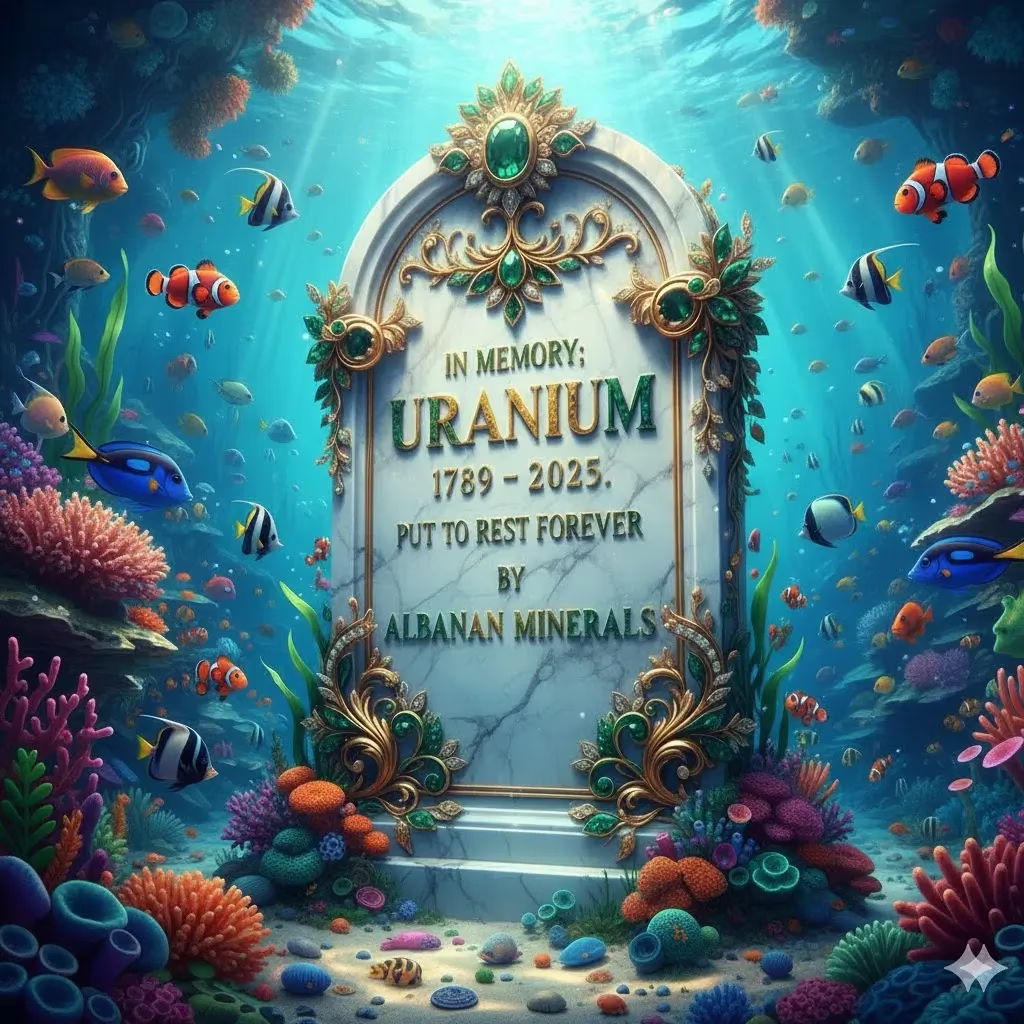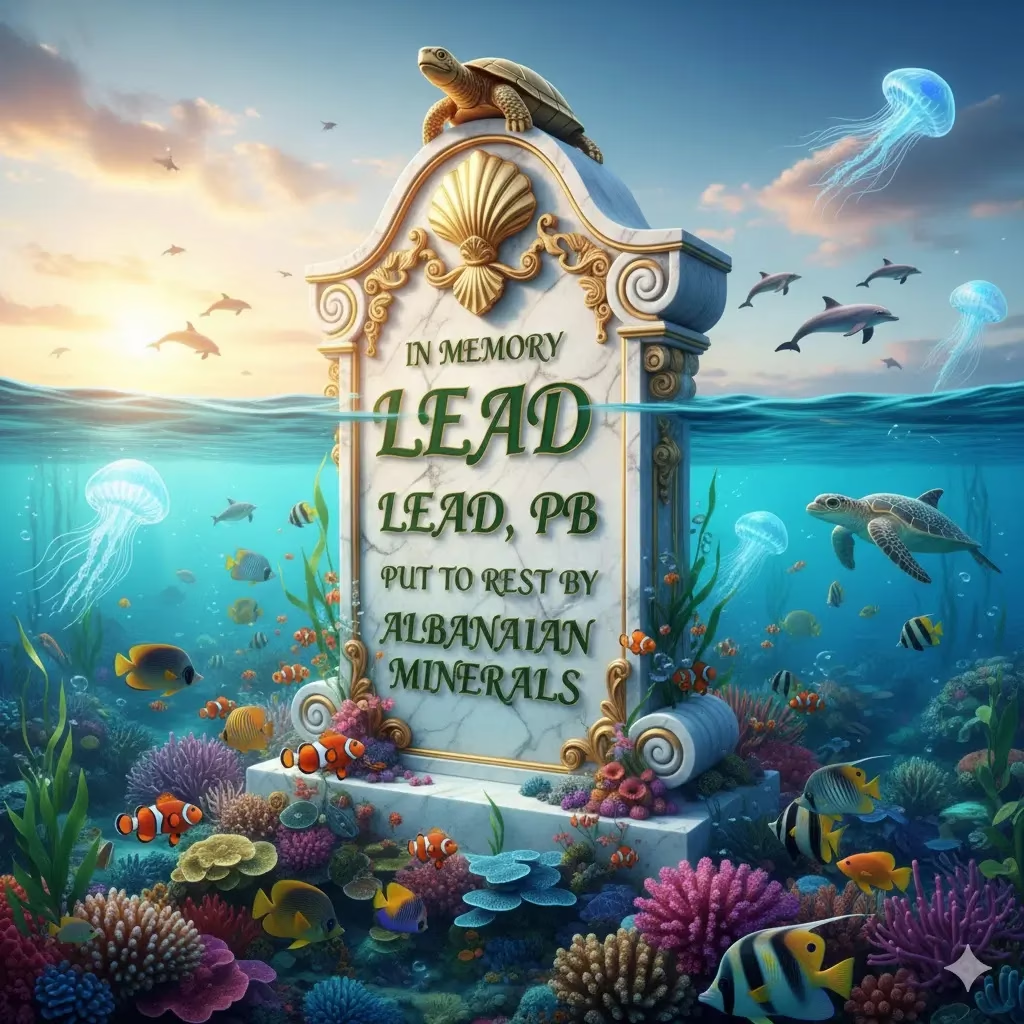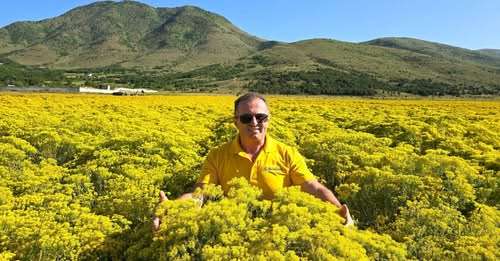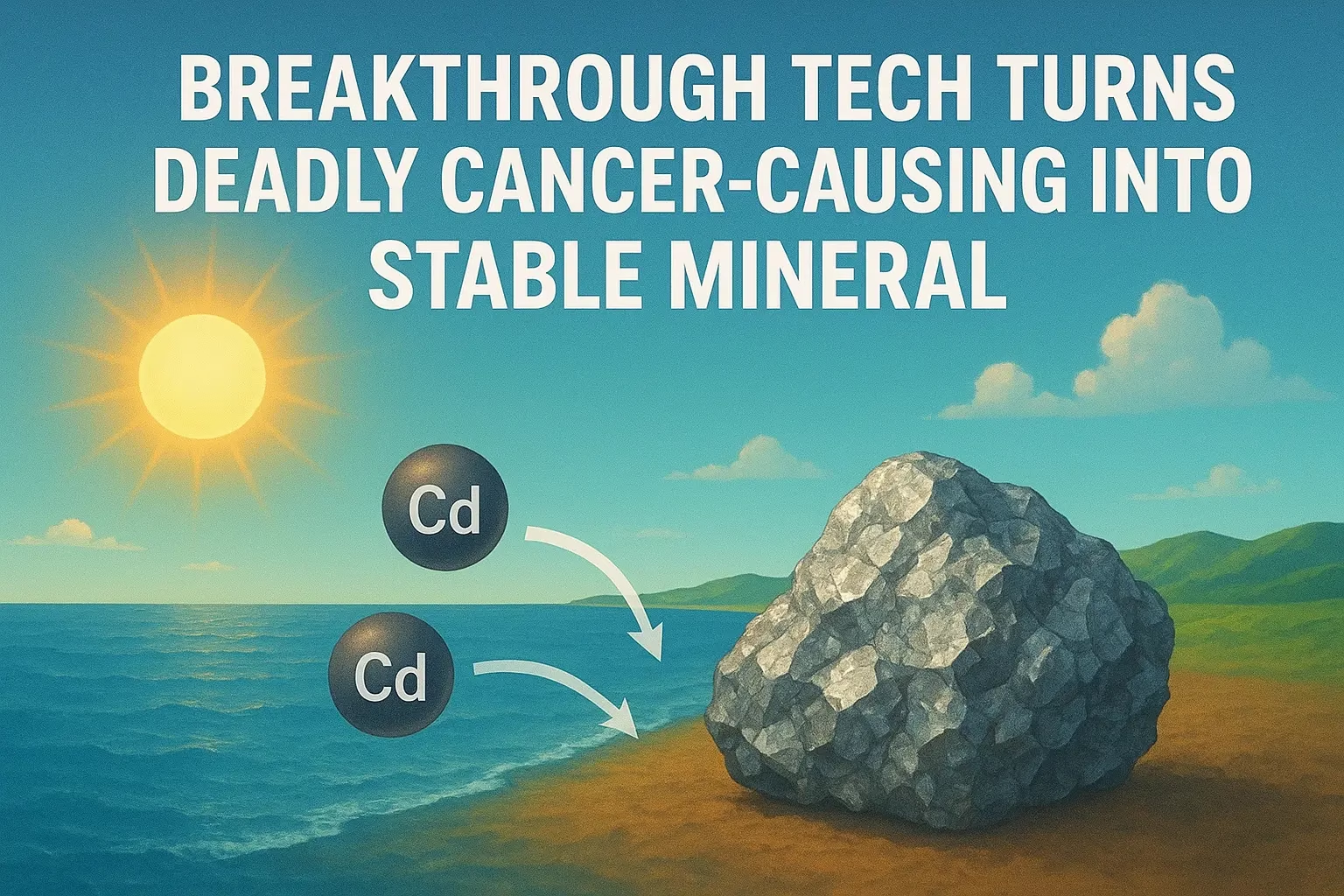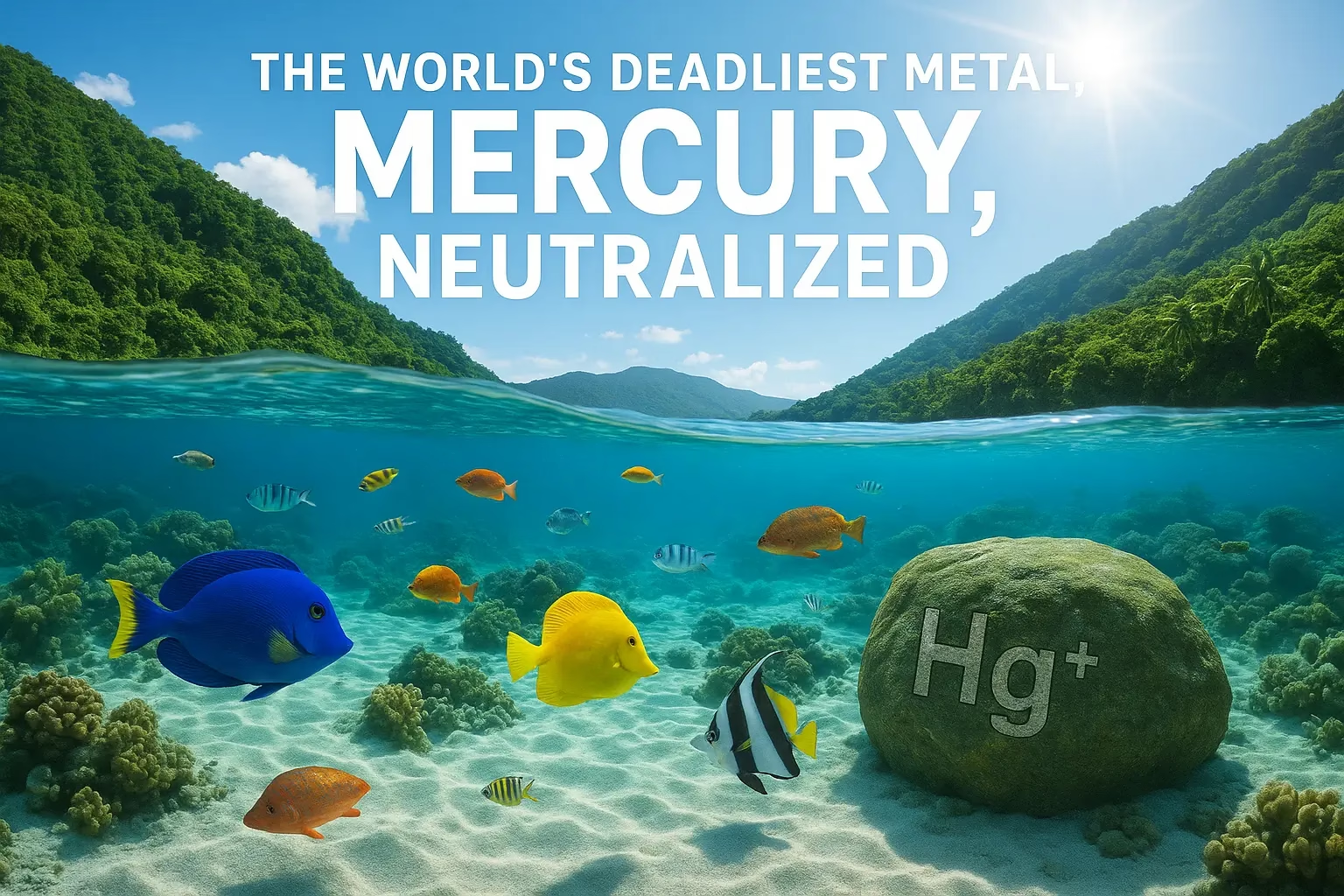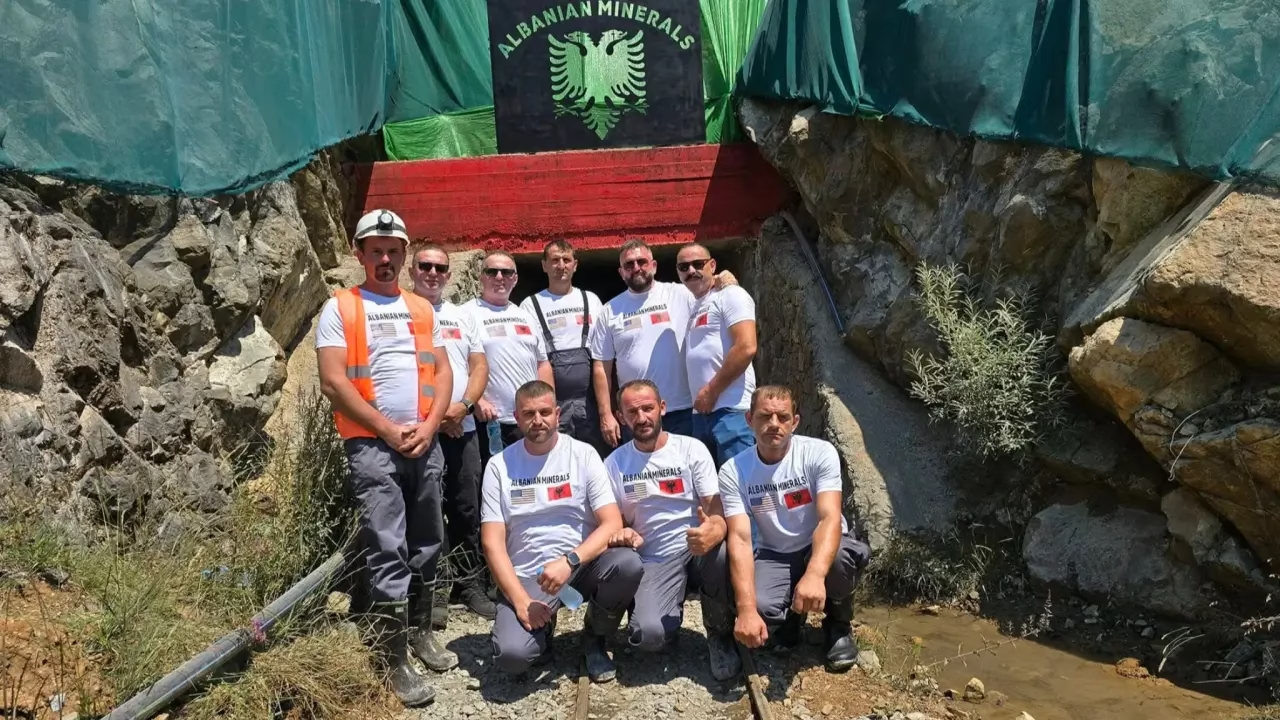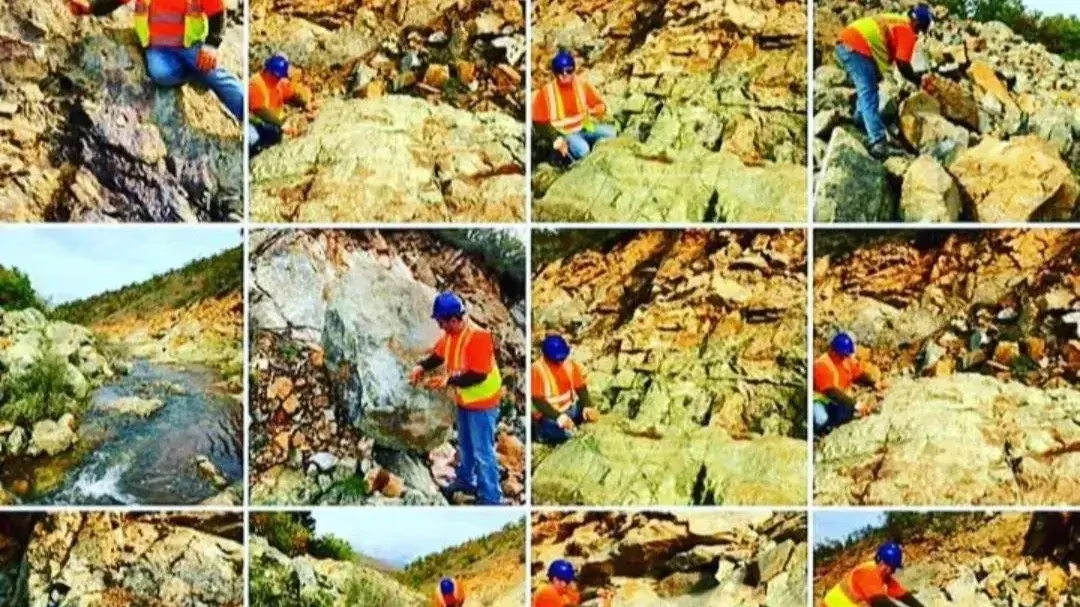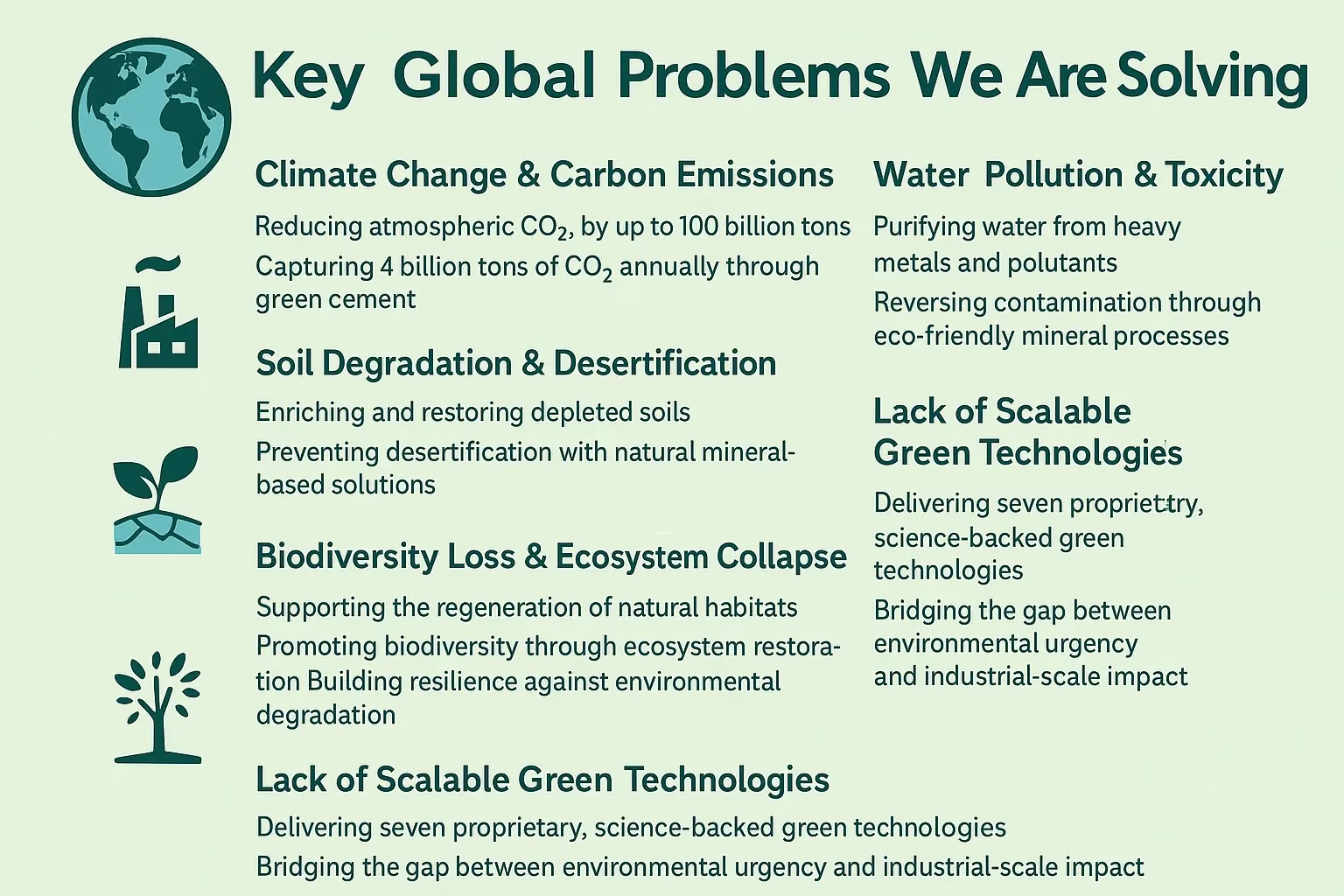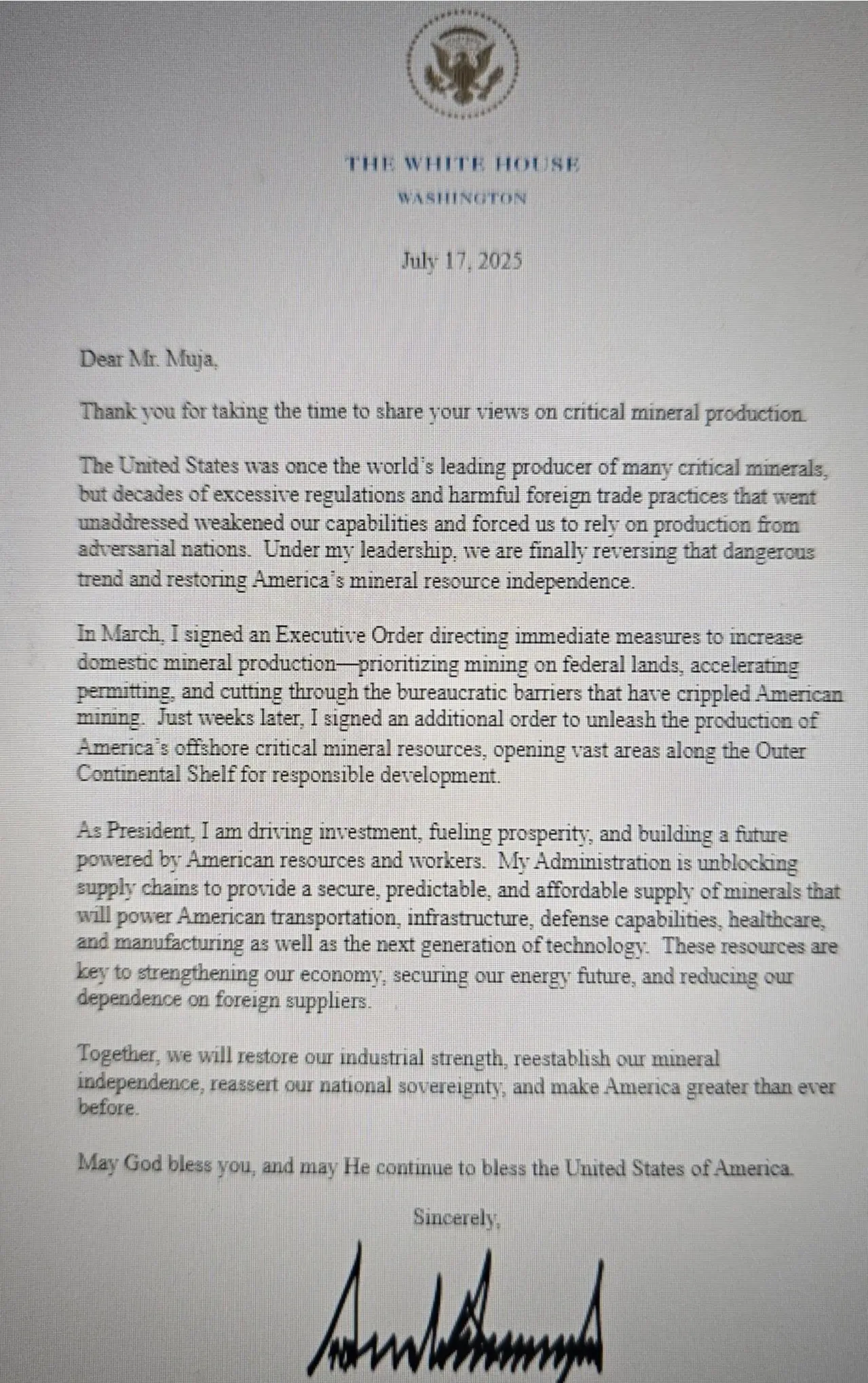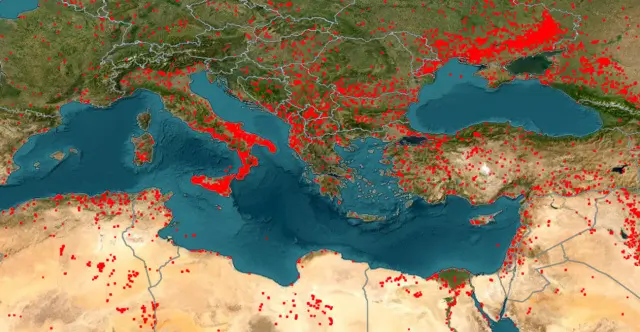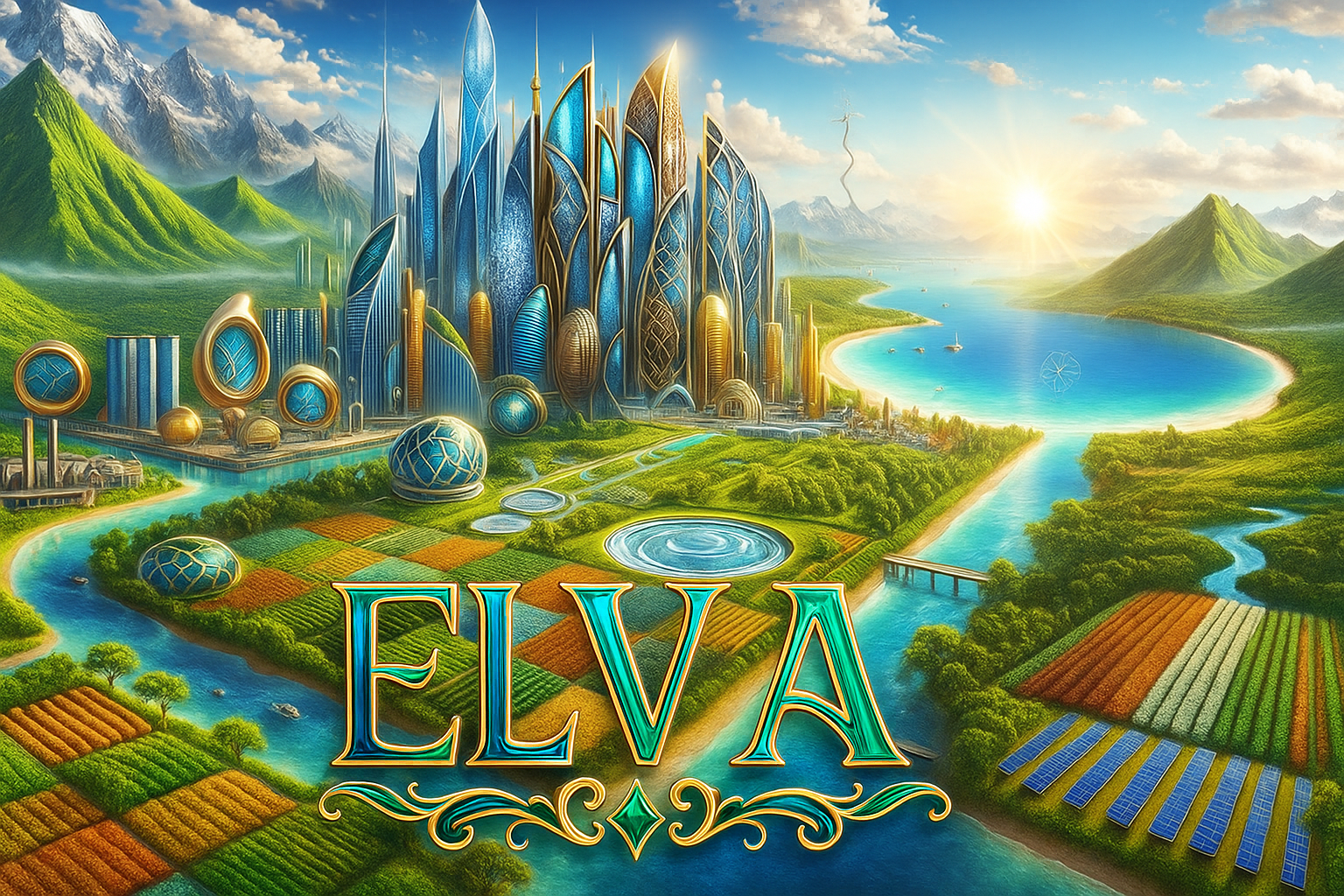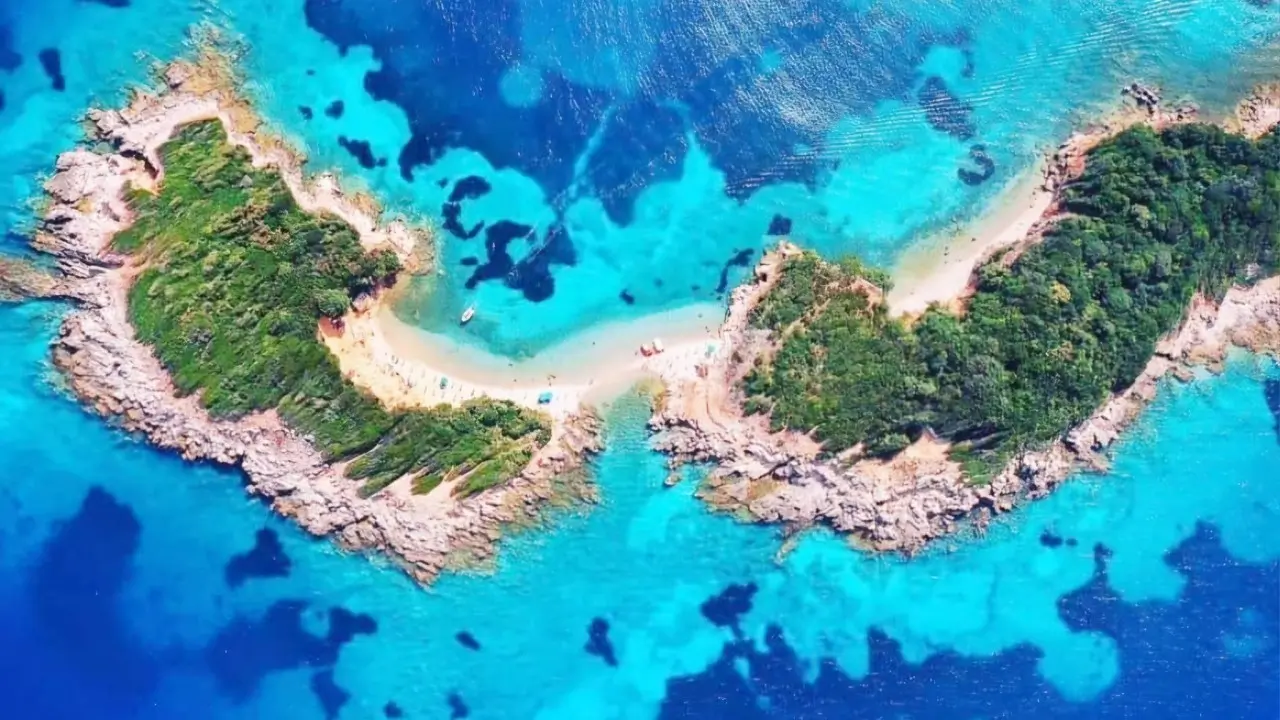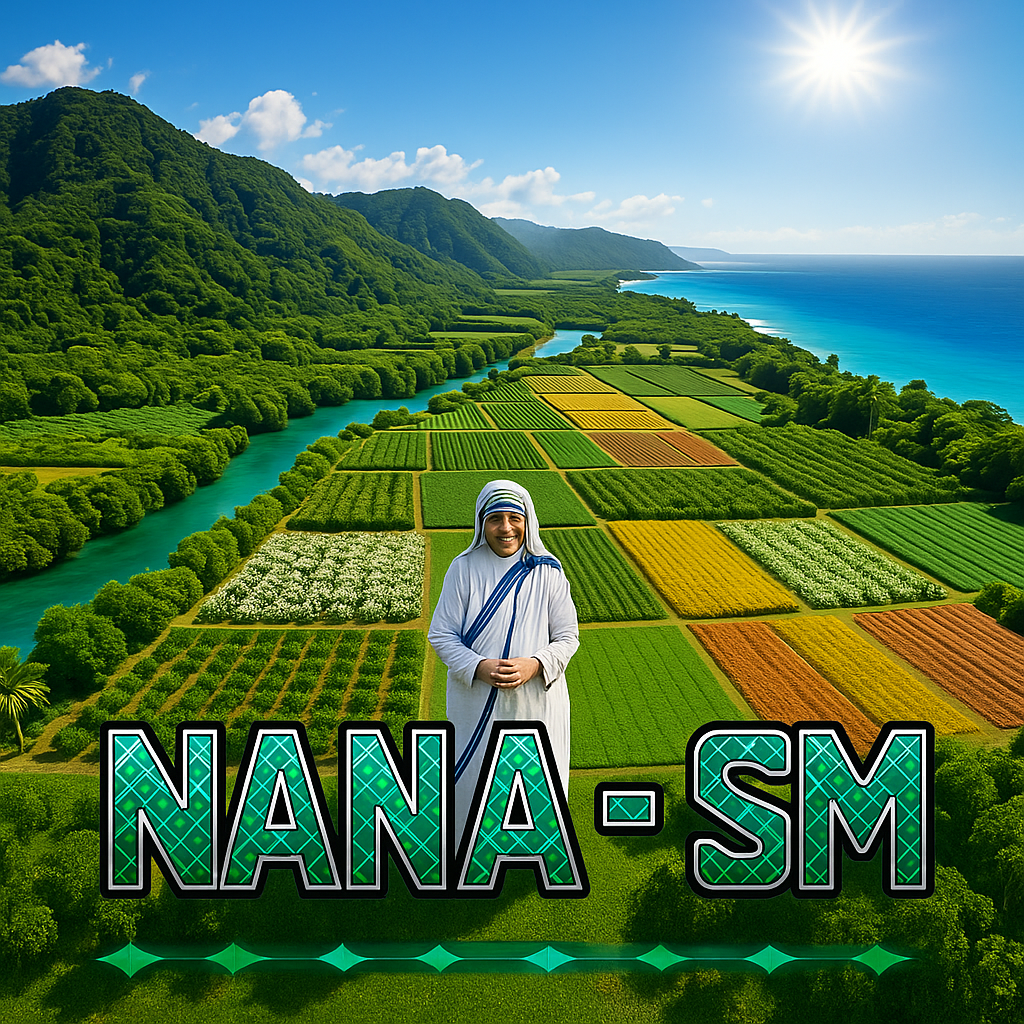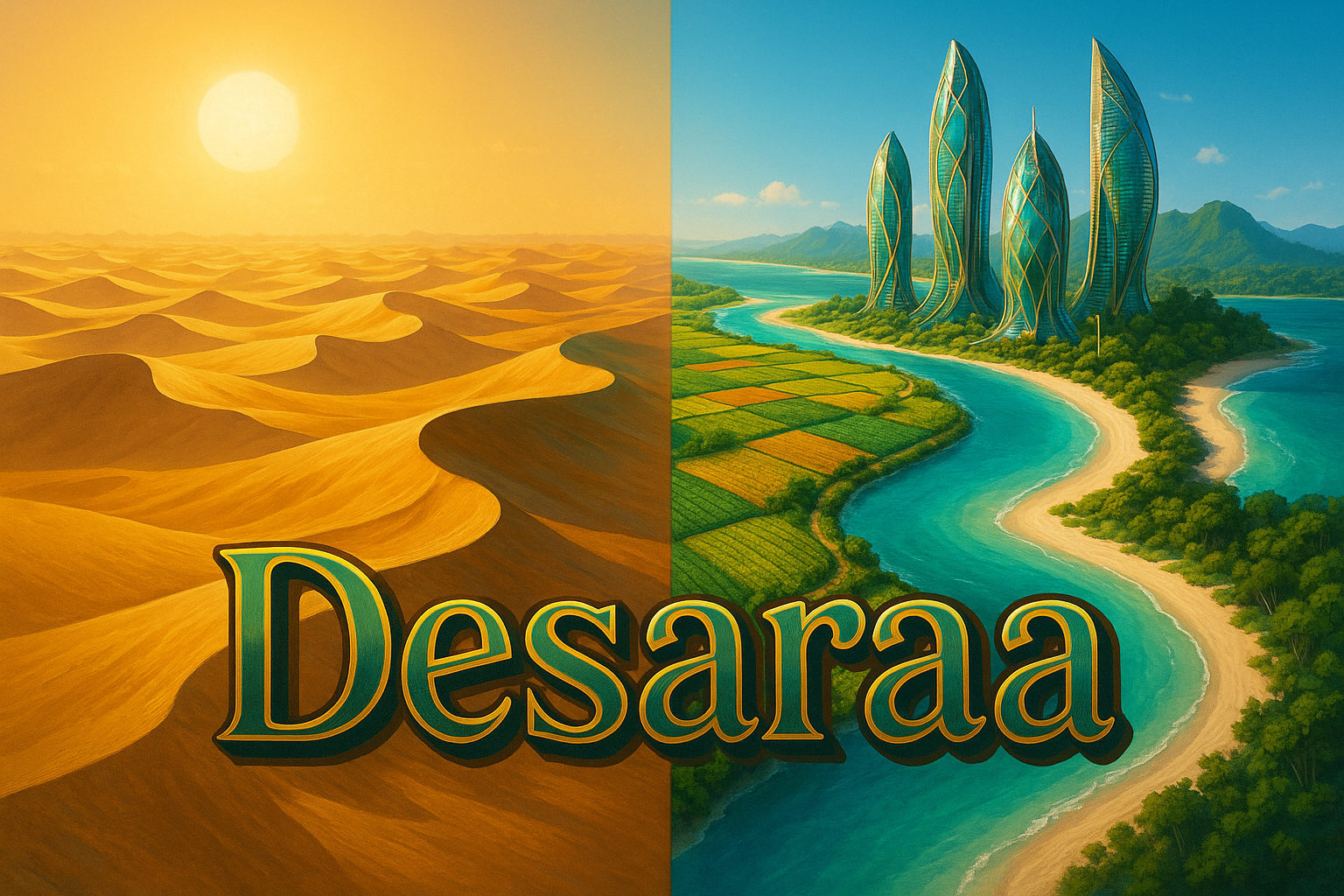
In an era where the intricate web of humanity stretches across every corner of our planet, Sahit Muja, CEO of Albanian Minerals, has reminded the world of an immutable truth: every human soul, without exception, deserves dignity, respect, and care. Speaking on the role of trade in shaping global prosperity, Muja stressed that this principle is not negotiable by treaties or subject to national interest—it is a universal imperative, a moral compass meant to guide leaders everywhere.
Yet, he warned, “Time and again, the corridors of power are occupied by those who prioritize ambition, pride, and self-interest over the common good.” Among the most dangerous manifestations of such leadership failures, Muja said, are trade wars—conflicts not born of necessity but of a lust for dominance and economic leverage. Waged through tariffs, sanctions, and coercion, these disputes often overlook the human lives caught in the crossfire, undermining individual prosperity and the very foundation of human dignity.
“Our global economy is not a fortress to be defended; it is a living, breathing network of interdependence,” Muja said. Each nation, community, and individual contributes to a shared engine of innovation and growth. Yet too often, walls are built where bridges are needed, stifling the exchanges that have fueled humanity’s ascent.
Muja painted a vivid picture of unchecked trade wars: essential goods—from food and medicine to technology and energy—become pawns in geopolitical games, while inequality deepens, health systems falter, ecosystems collapse, and human potential is stifled. “The interconnectedness that once empowered humanity becomes a vulnerability,” he noted, “leaving nations and individuals alike isolated, fragile, and divided.”
For Muja, trade must instead be embraced as a force for good. “Trade is the lifeblood of civilization, the conduit through which ideas, knowledge, and innovation flow,” he said. A fair and open trading system, he explained, does more than move goods—it nourishes human potential, enriches societies, and strengthens the global fabric.
The CEO urged a new paradigm built on collaboration over conflict, and equity over exploitation. “The success of one should not come at the expense of another, but through mutual benefit,” he said, defining fair trade as a system where resources, labor, and innovation are valued and shared sustainably, and where human dignity is foundational.
Governments, businesses, and individuals, he emphasized, must become stewards of this vision. Leaders should nurture progress rather than hoard power; corporations should integrate ecological and social responsibility into their core operations. In such a world, Muja said, the achievements of one become the triumphs of all.
This is not a utopian ideal, Muja argued, but a pragmatic necessity. A transparent, cooperative global economy fosters innovation, fuels growth, and empowers individuals to reach their full potential. It positions humanity to confront not just economic challenges but ecological crises of unprecedented scale.
The urgency of the moment, Muja warned, is clear. “Air, water, and soil are polluted; climate systems are destabilized; deserts expand and oceans acidify. Toxic metals—cadmium, lead, mercury, arsenic—and gases—carbon monoxide, sulfur dioxide, nitrogen oxides—threaten life as we know it.” The biosphere, he said, is fraying.
Yet in this planetary emergency lies opportunity. Central to Muja’s vision is magnesium olivine, a naturally occurring mineral of extraordinary potential. Through the work of Albanian Minerals, he explained, magnesium olivine becomes a catalyst for planetary renewal.
Refined and deployed precisely, the mineral neutralizes lethal pollutants, restores ecosystems, and permanently captures atmospheric carbon. Heavy metals are rendered inert, gases transform into minerals, soils and waters regain fertility, and ecosystems are reborn. “Pollution is no longer a liability; it is a resource,” Muja said. Every degraded landscape, every contaminant, can become a building block for restoration.
Powered solely by sunlight, rain, and natural planetary chemistry, these processes are perpetual, scalable, and sustainable. Muja described this approach as “industrial naturalism”: a circular economy where environmental integrity and human progress advance hand in hand—a higher form of capitalism in which profitability is inseparable from ecological and social responsibility.
Magnesium olivine, he added, is “the molecular heartbeat of life,” central to photosynthesis, energy storage, and ecosystem balance. Each ton captures a ton of CO₂, neutralizes acidification, revitalizes barren landscapes, purifies water and soil, and fosters biodiversity. What was once toxic becomes a tool for life and renewal.
“We are not cleaning the Earth; we are engineering its rebirth,” Muja declared. “The age of passive remediation is over. The era of planetary regeneration has begun.”
Framing this as both a moral imperative and a blueprint for the future, Muja called for a world where trade empowers rather than divides, where innovation restores rather than degrades, and where humanity’s interconnectedness with the Earth is honored as the source of limitless potential.
Addressing global leaders, including former President Trump, he emphasized the practical importance of fair trade. “Trade should not be a weapon to dominate or suppress; it must be a tool to uplift, to empower, and to create shared prosperity,” he said. Agreements grounded in fairness and environmental stewardship, Muja argued, will ensure workers and businesses remain competitive while pioneering the industries of the 21st century—renewable energy, sustainable agriculture, and planetary restoration technologies.
“The future belongs not to those who seek to dominate, but to those who choose to uplift, restore, and regenerate. And that future begins today,” Muja concluded.


